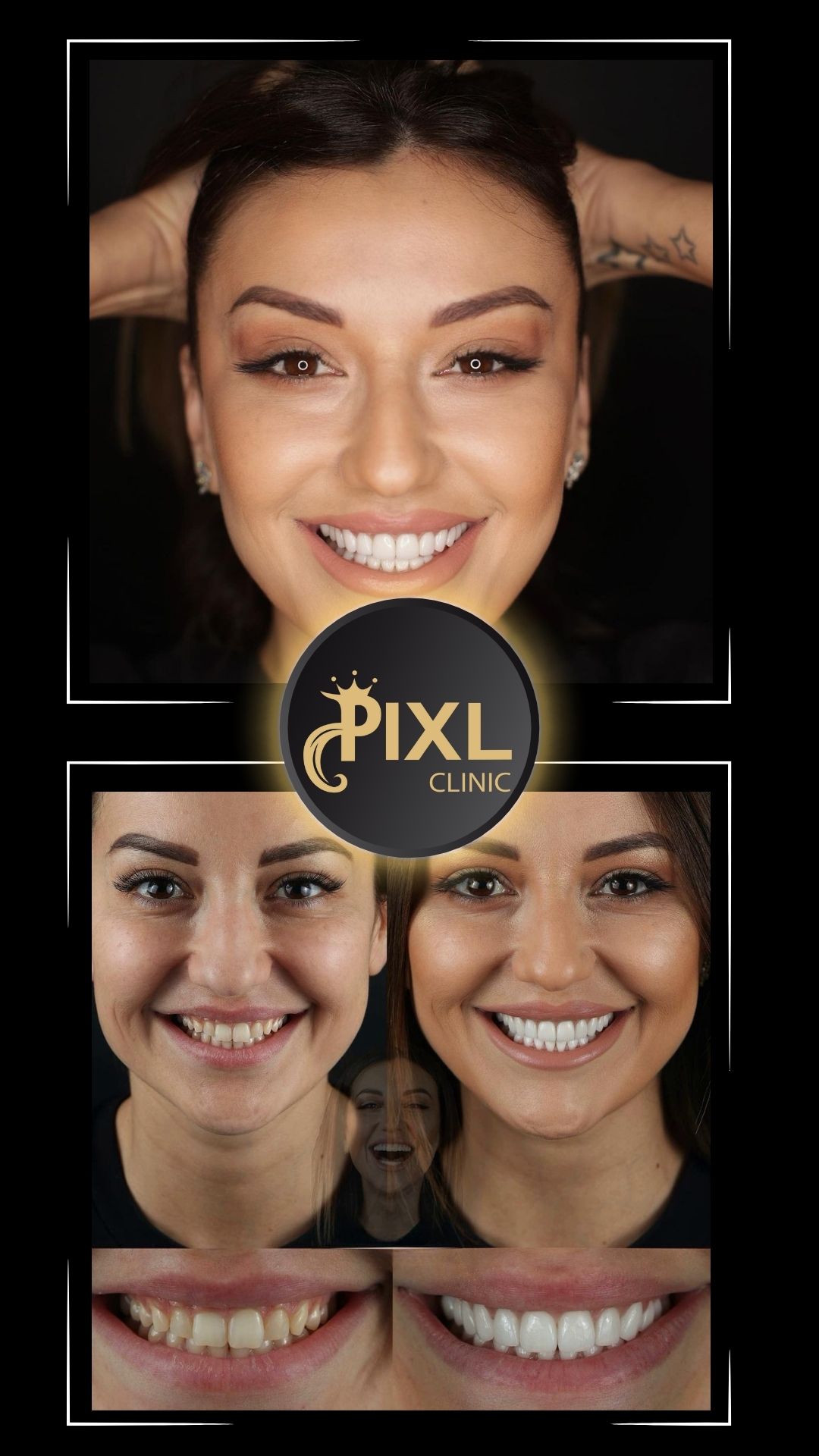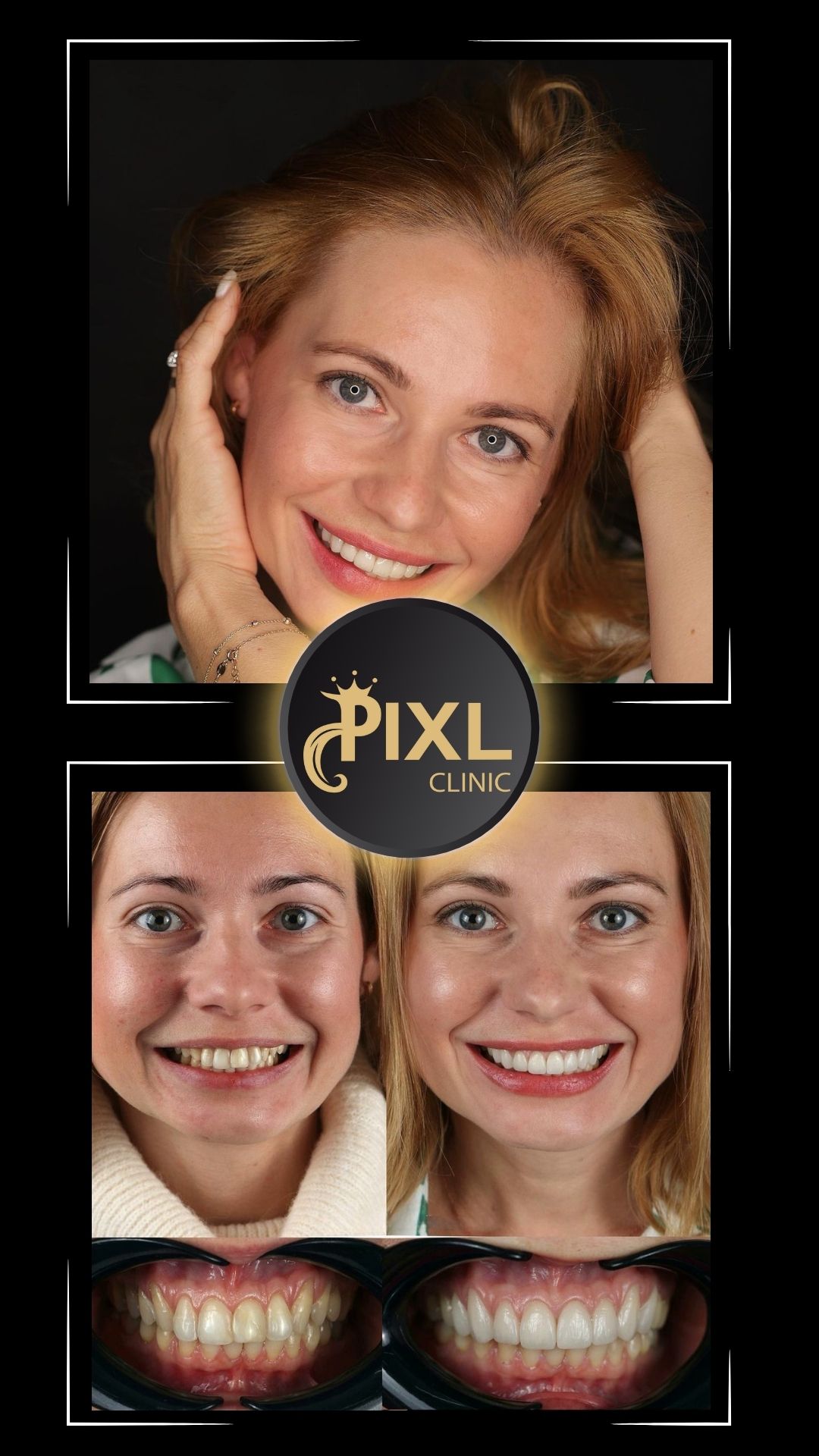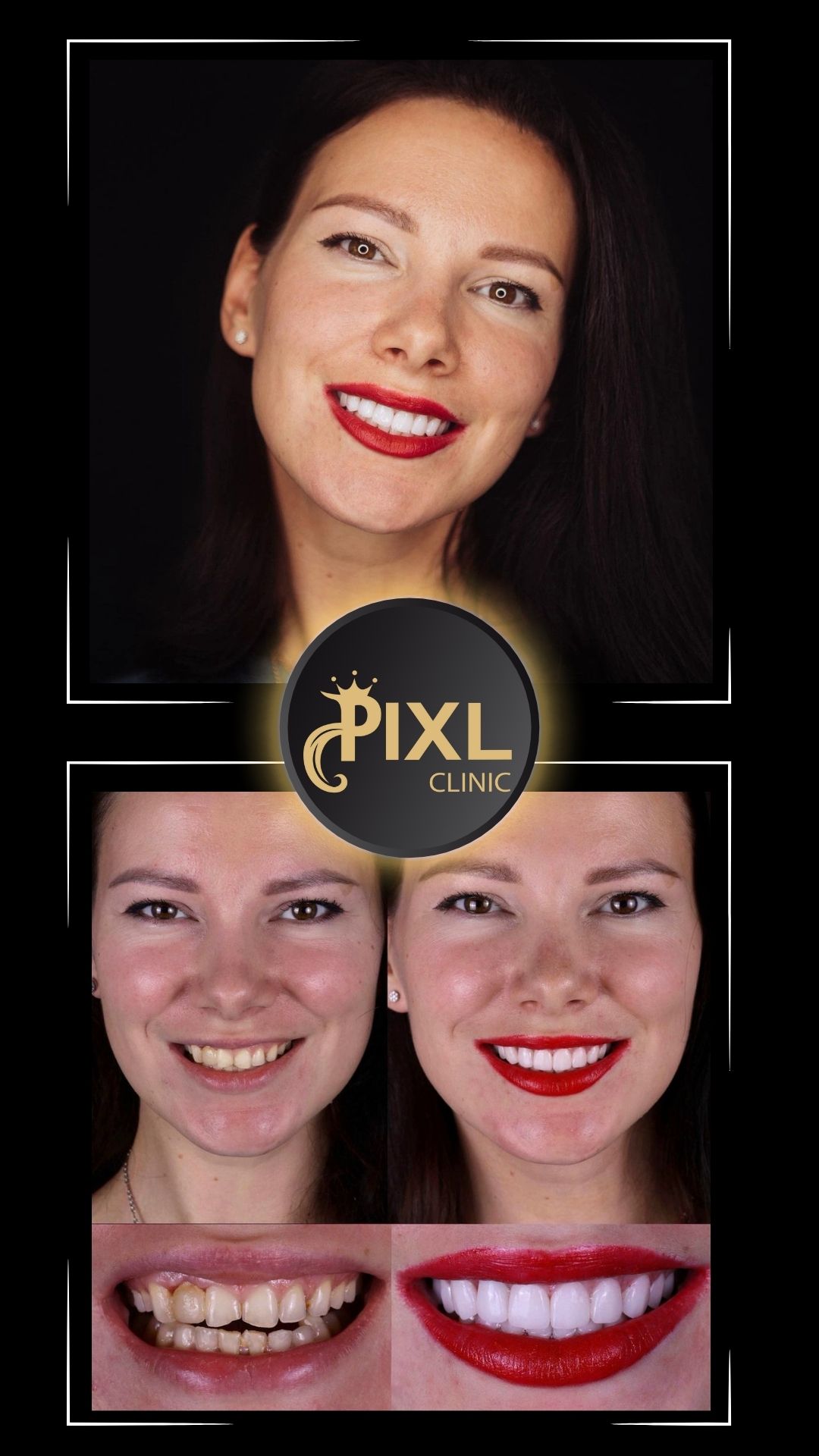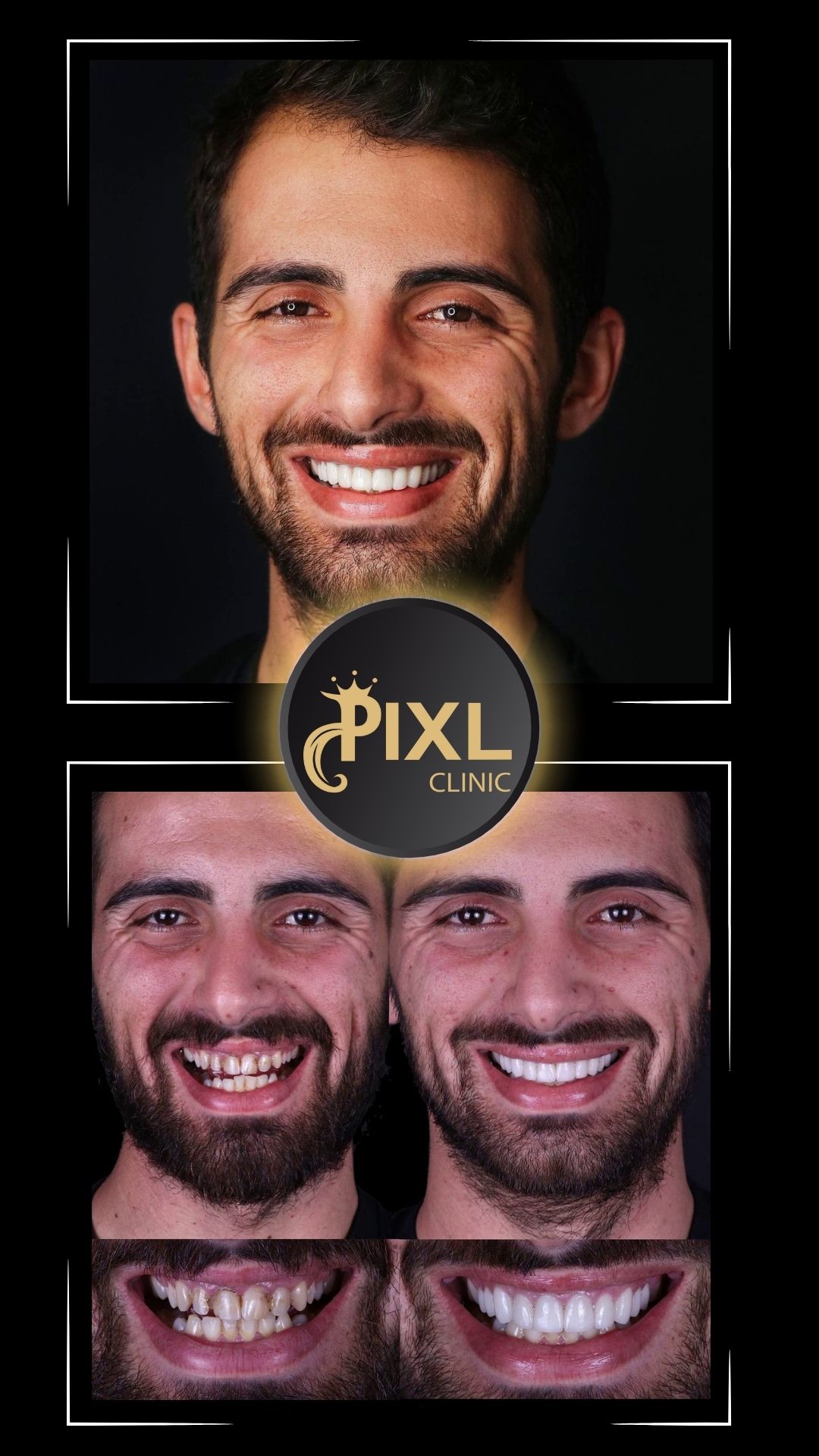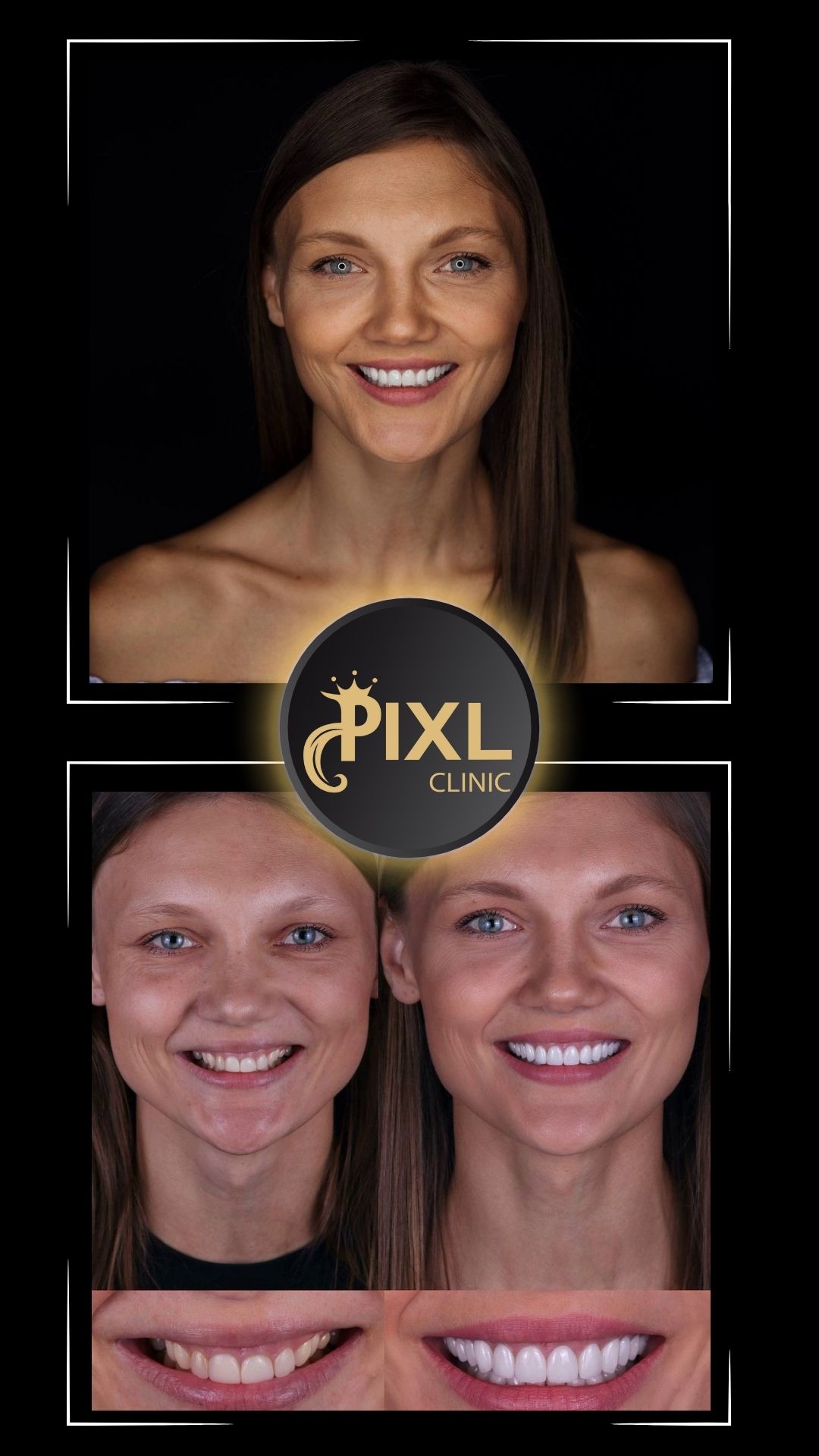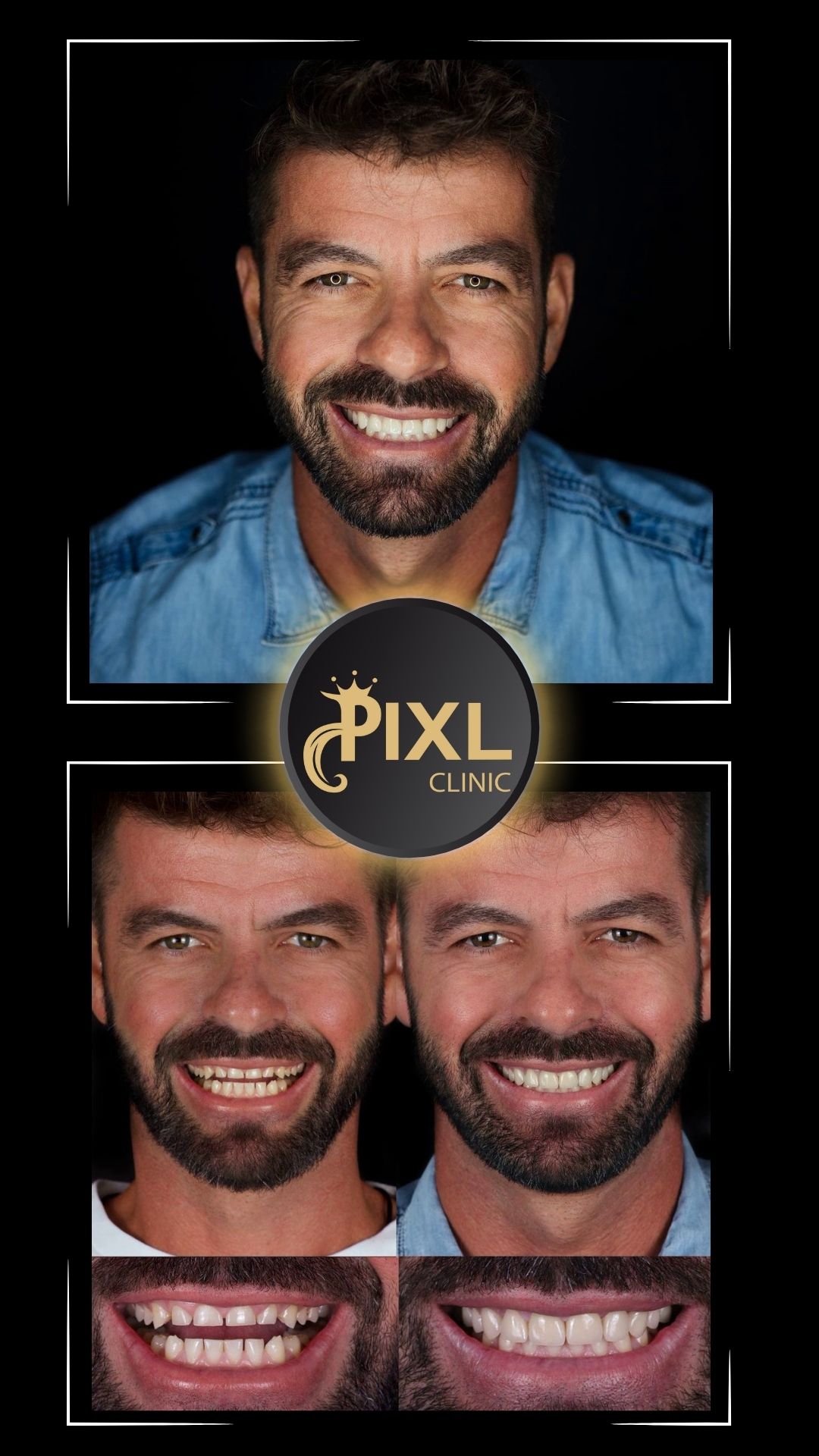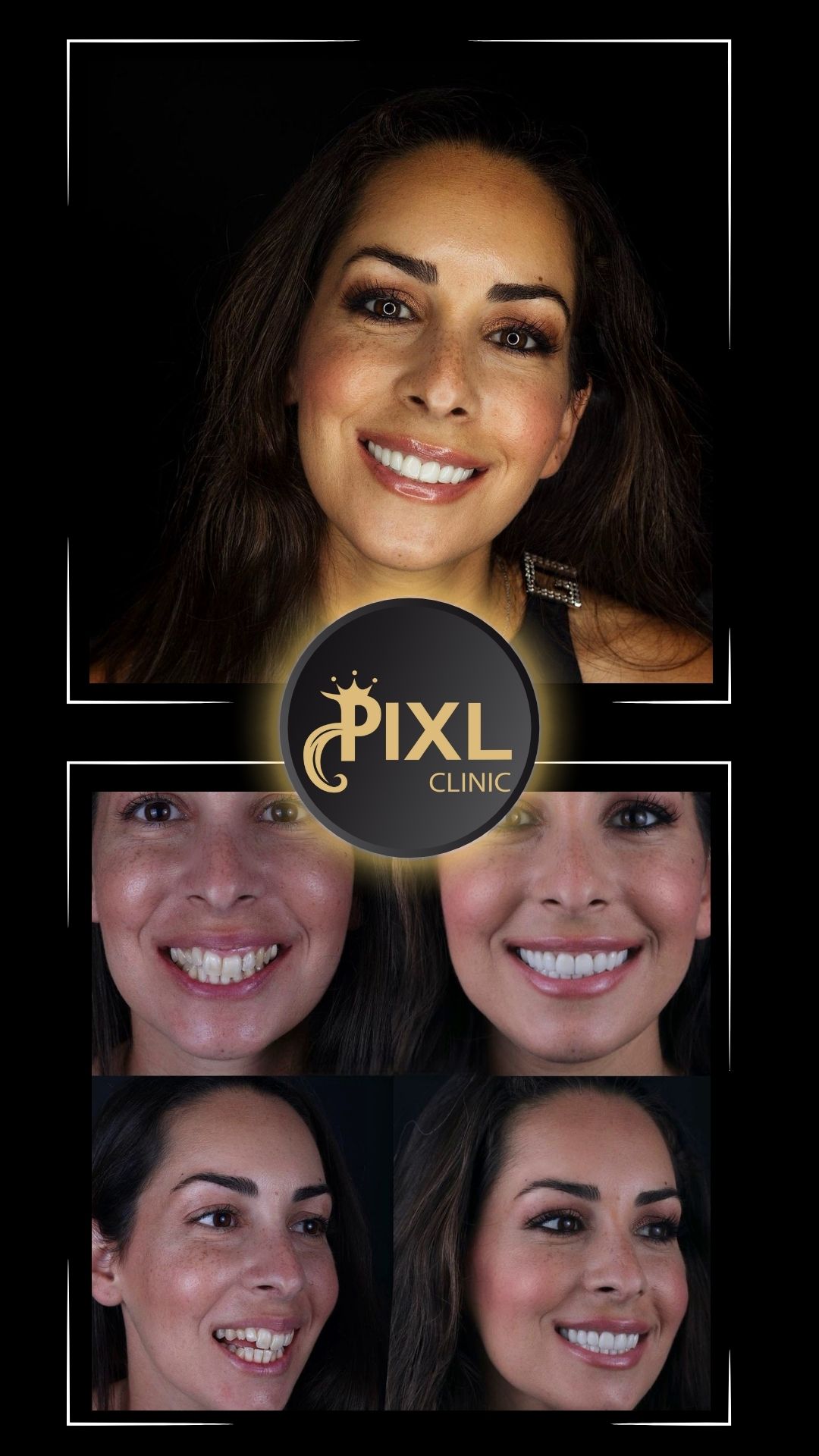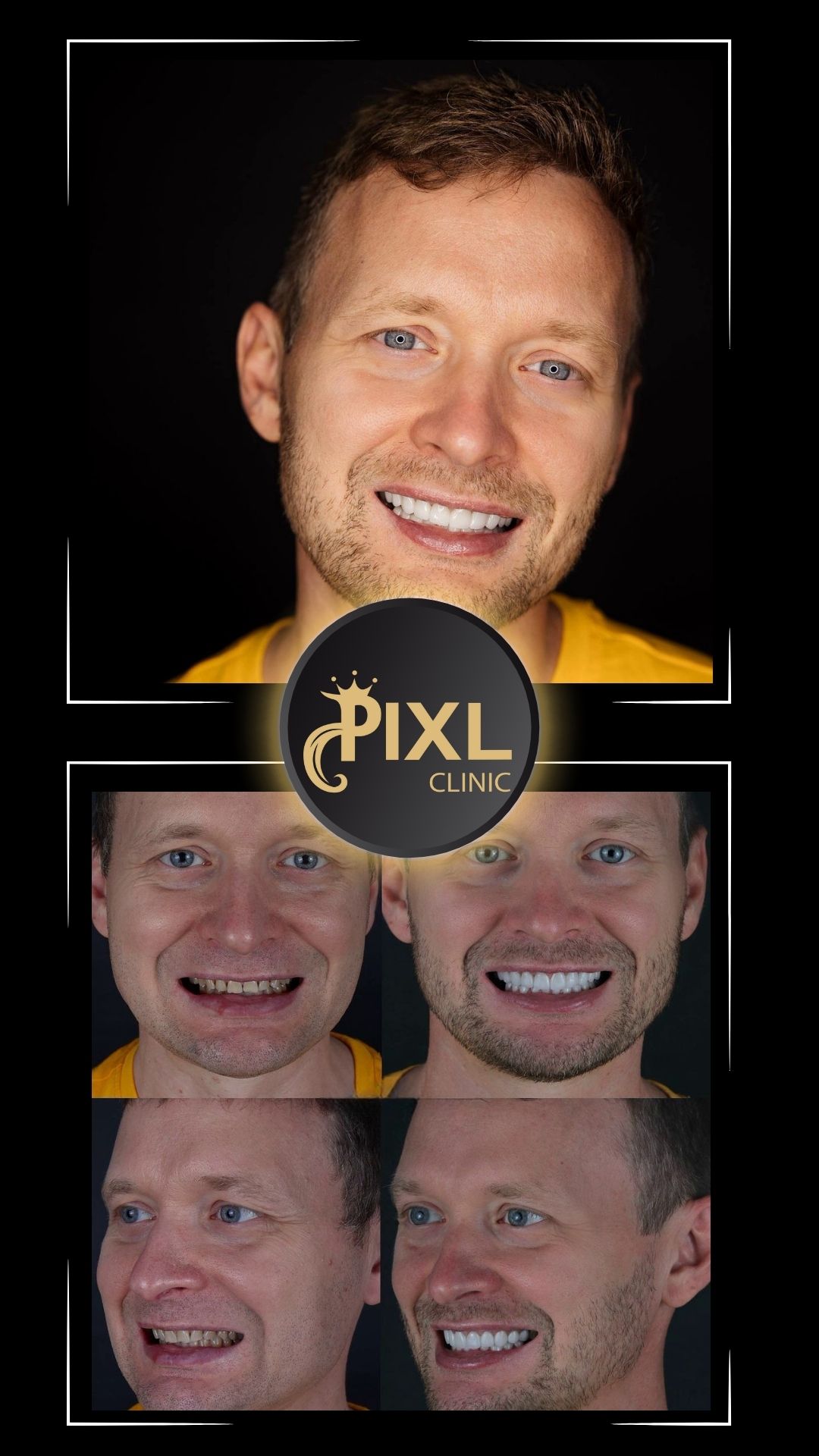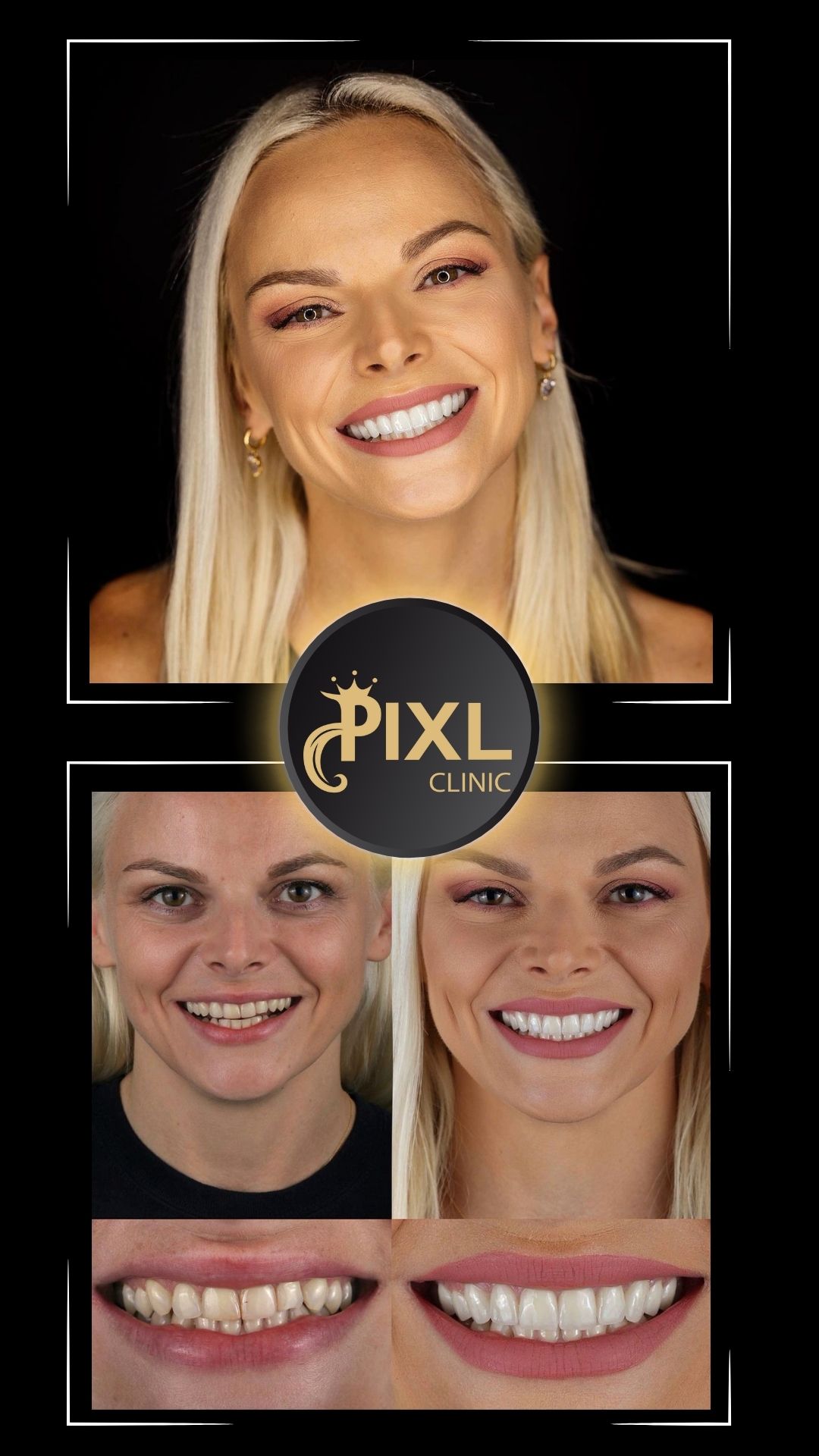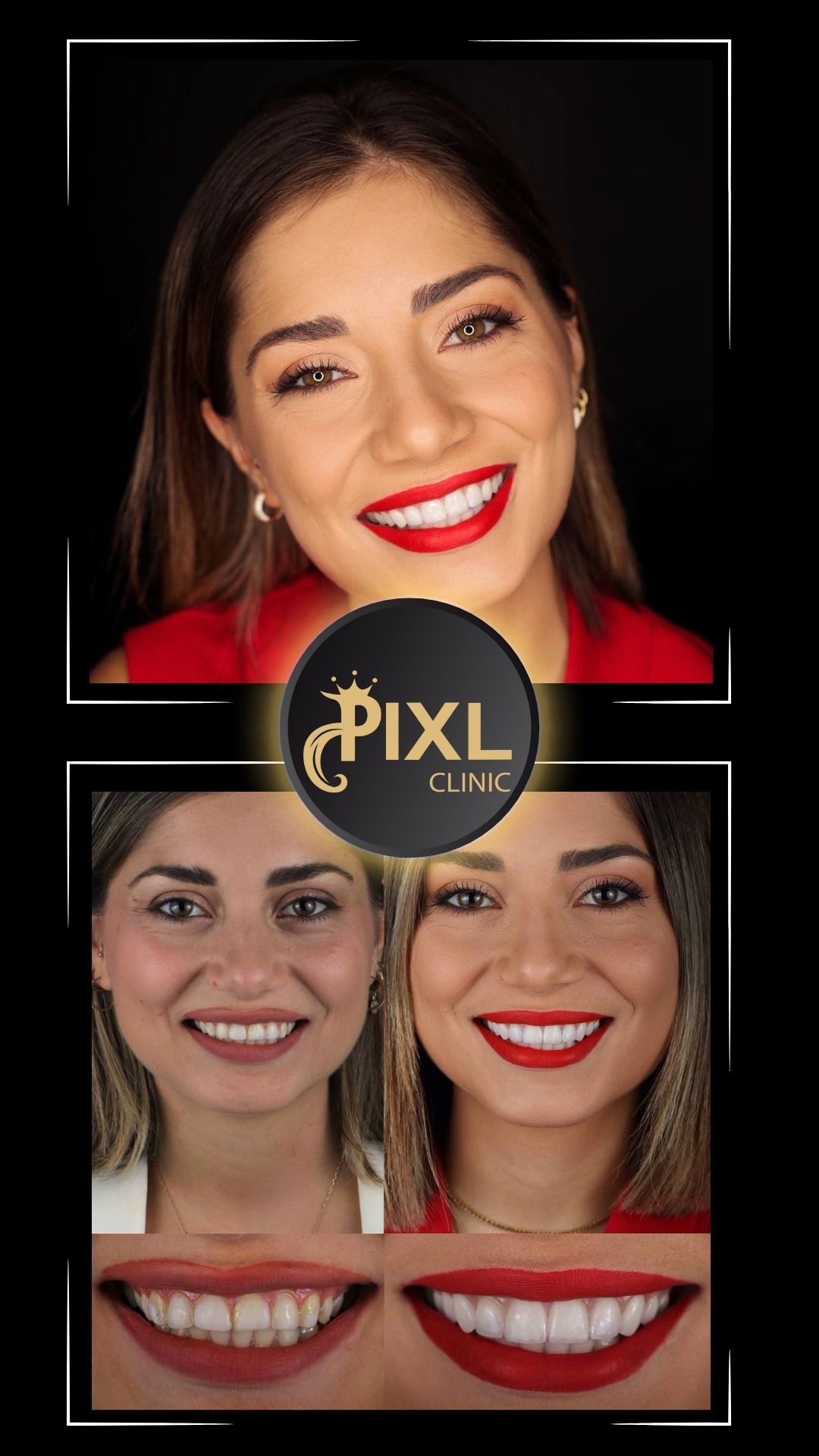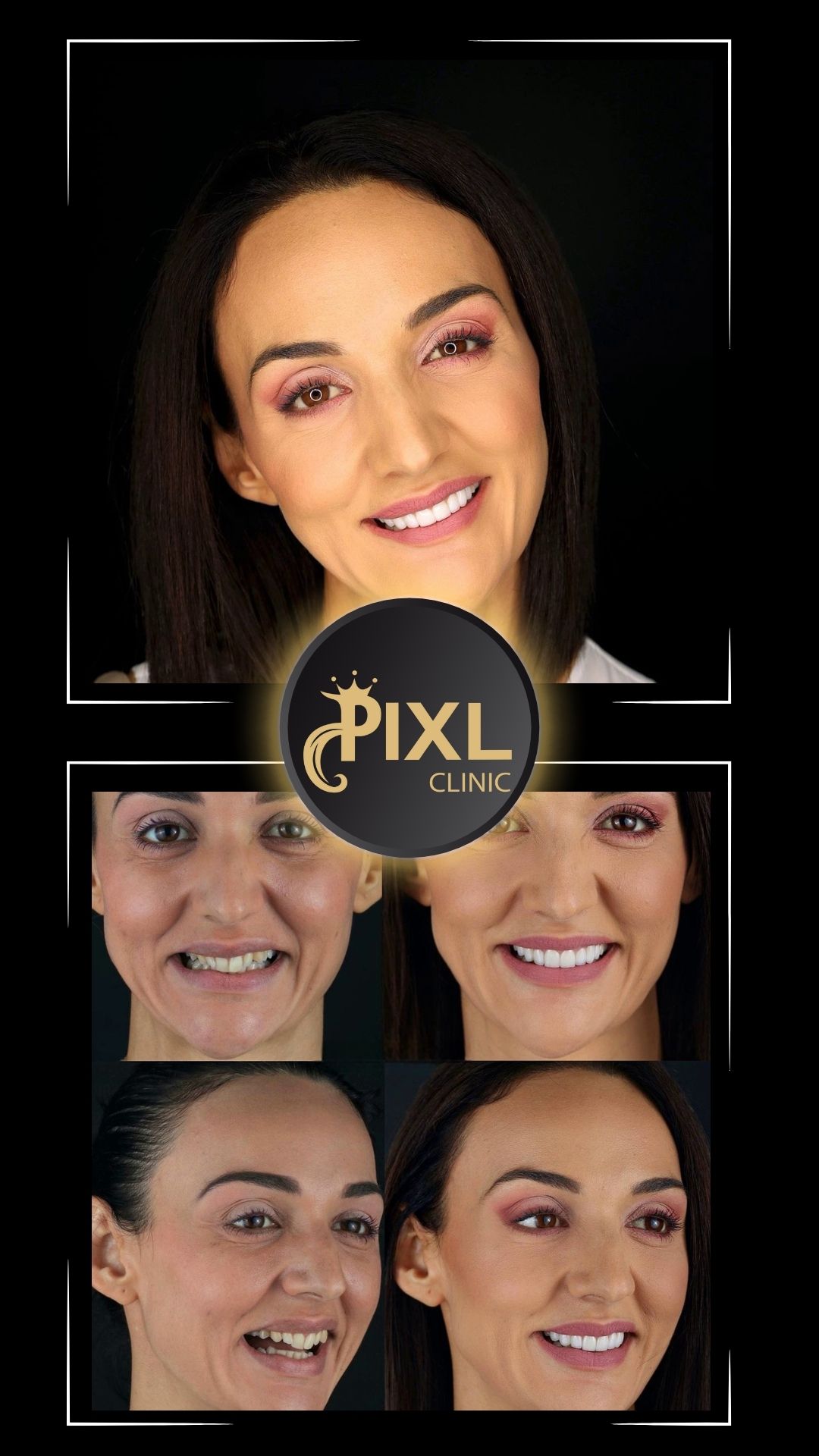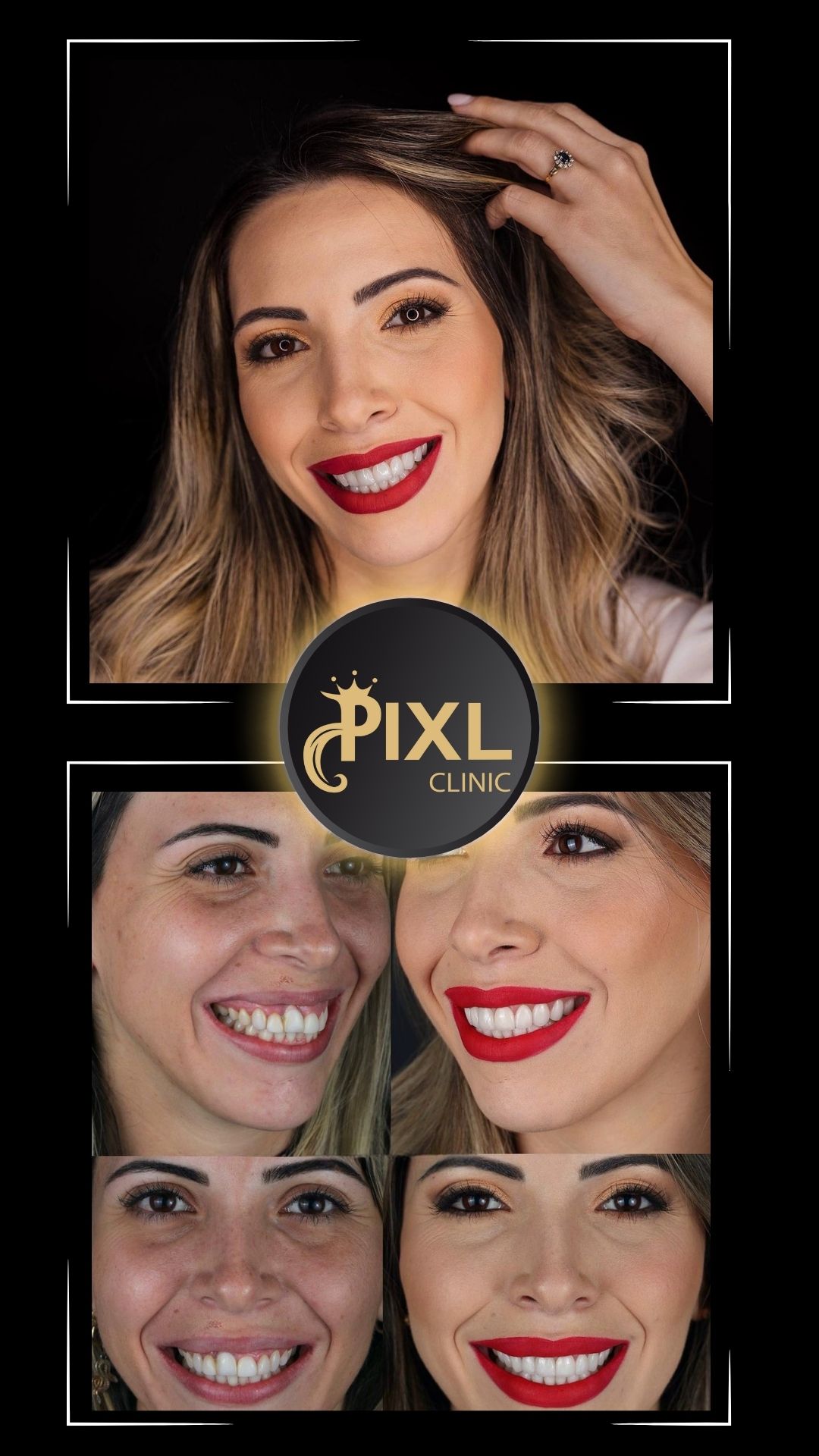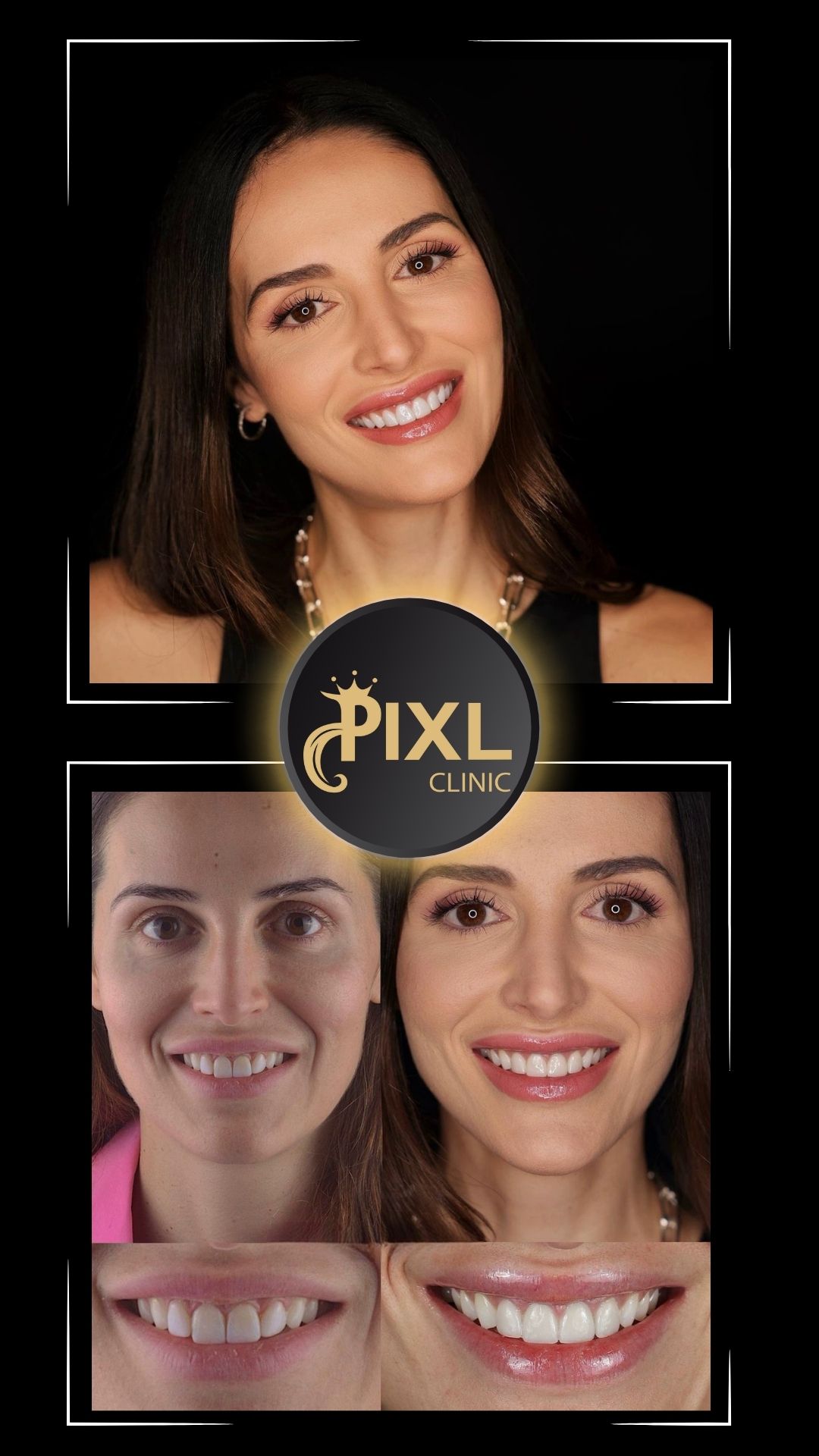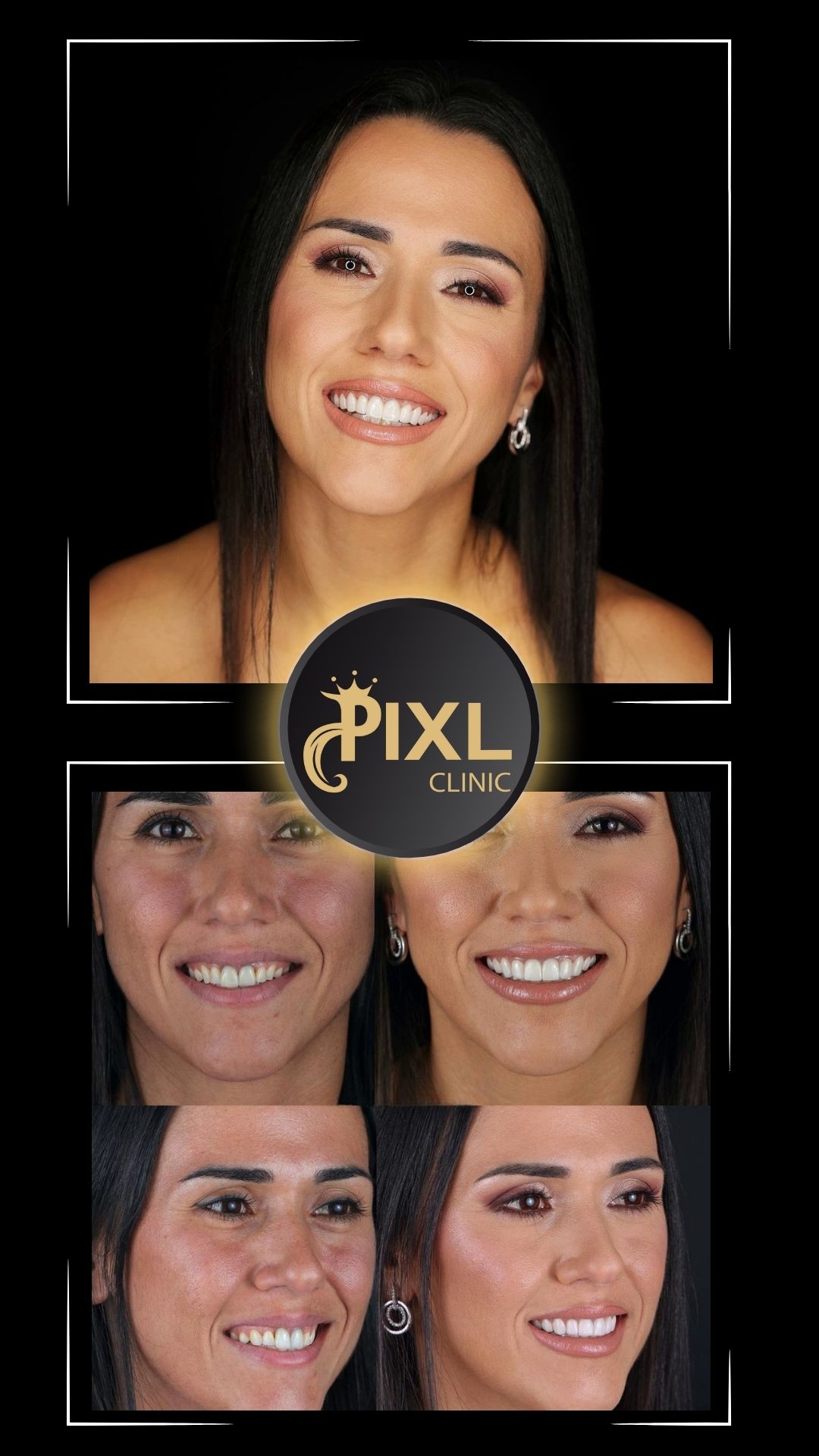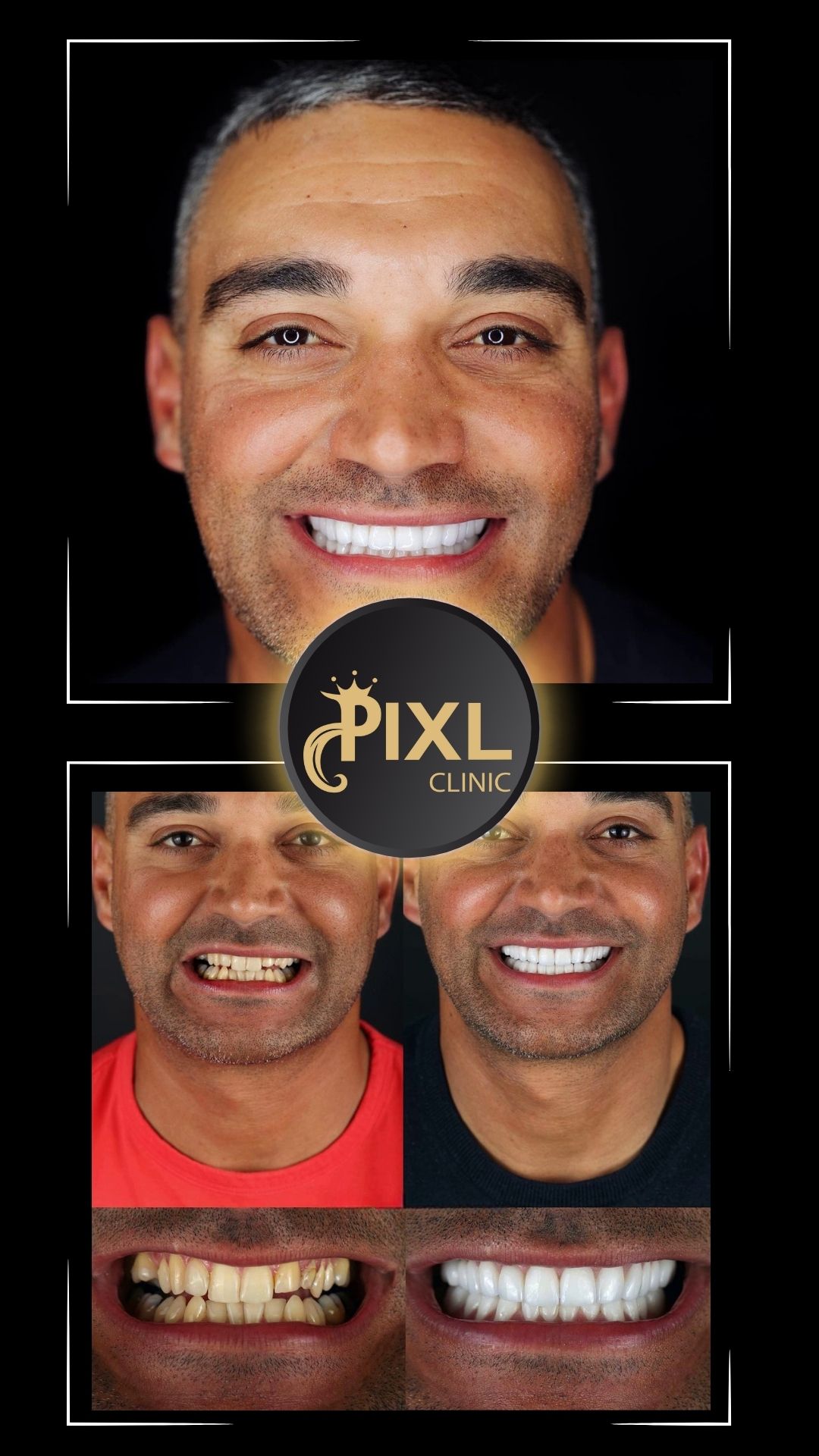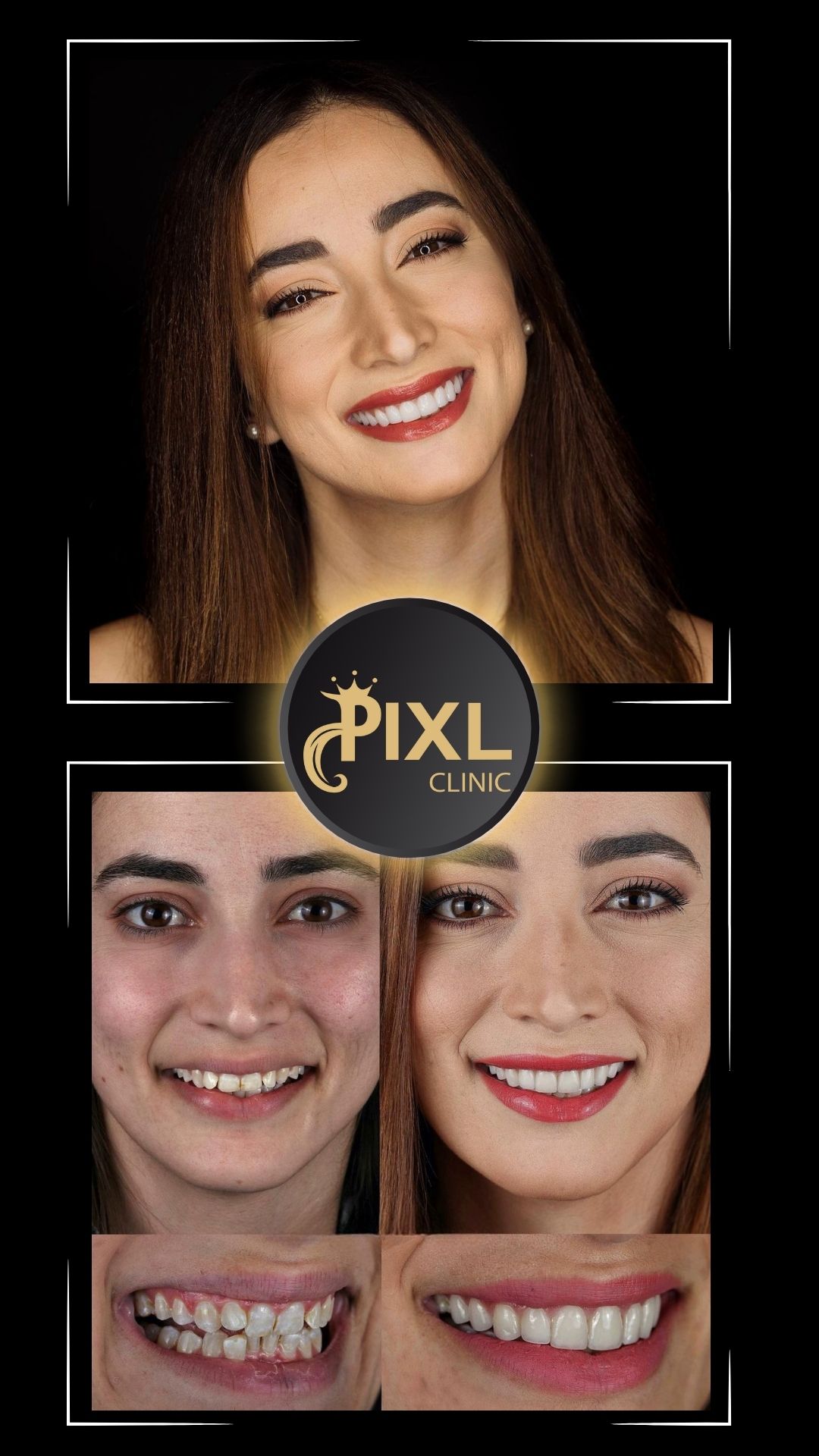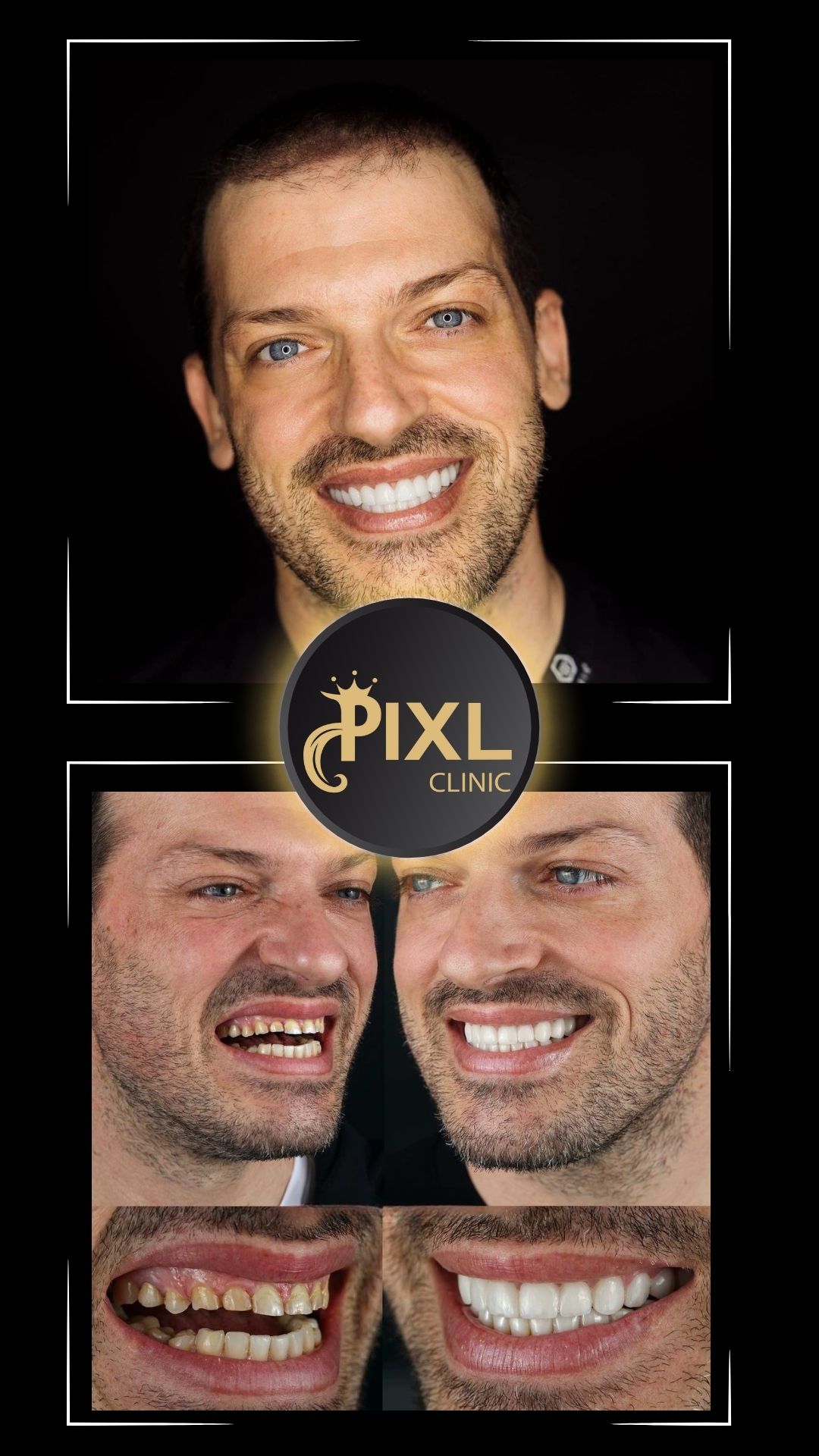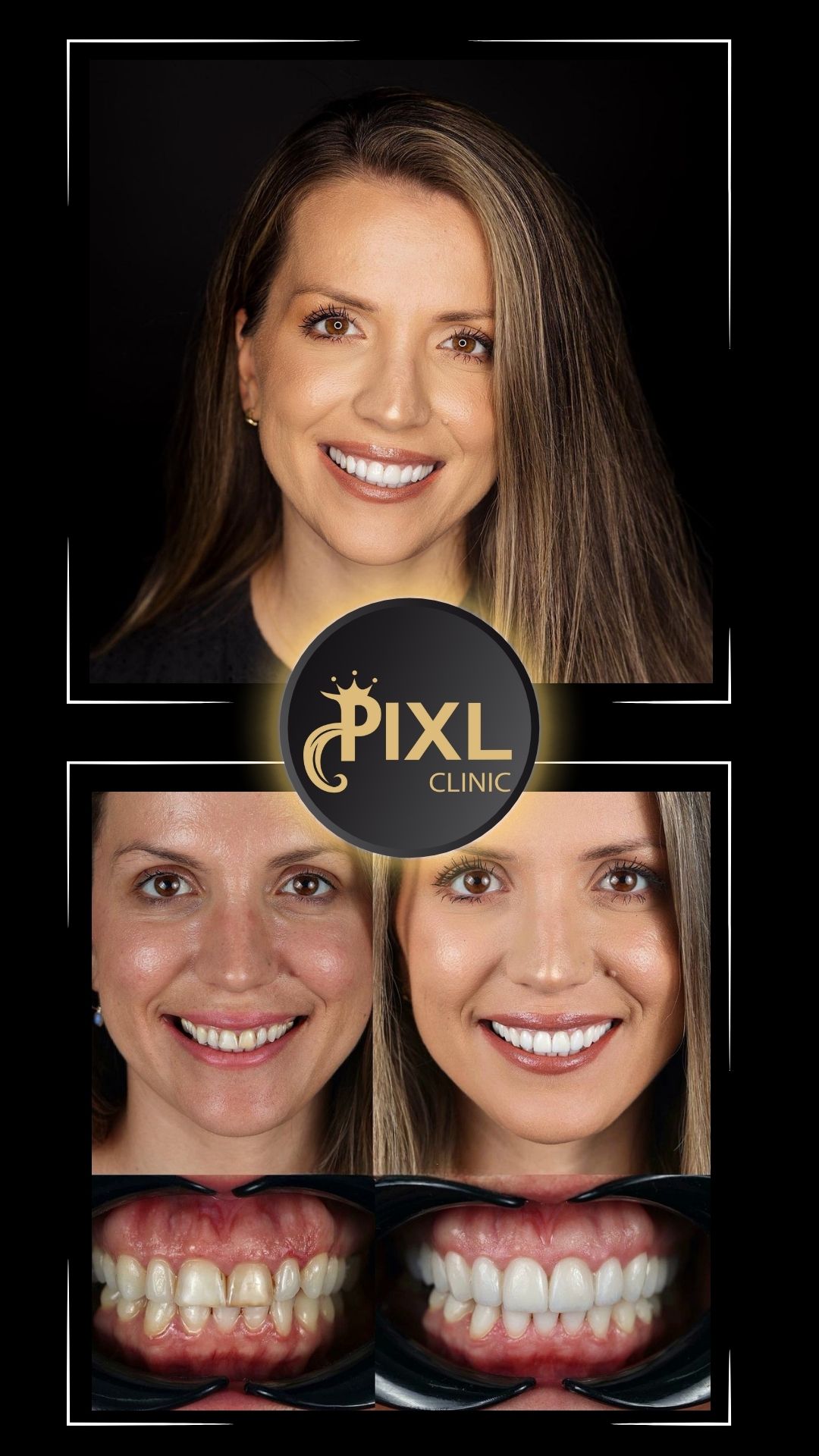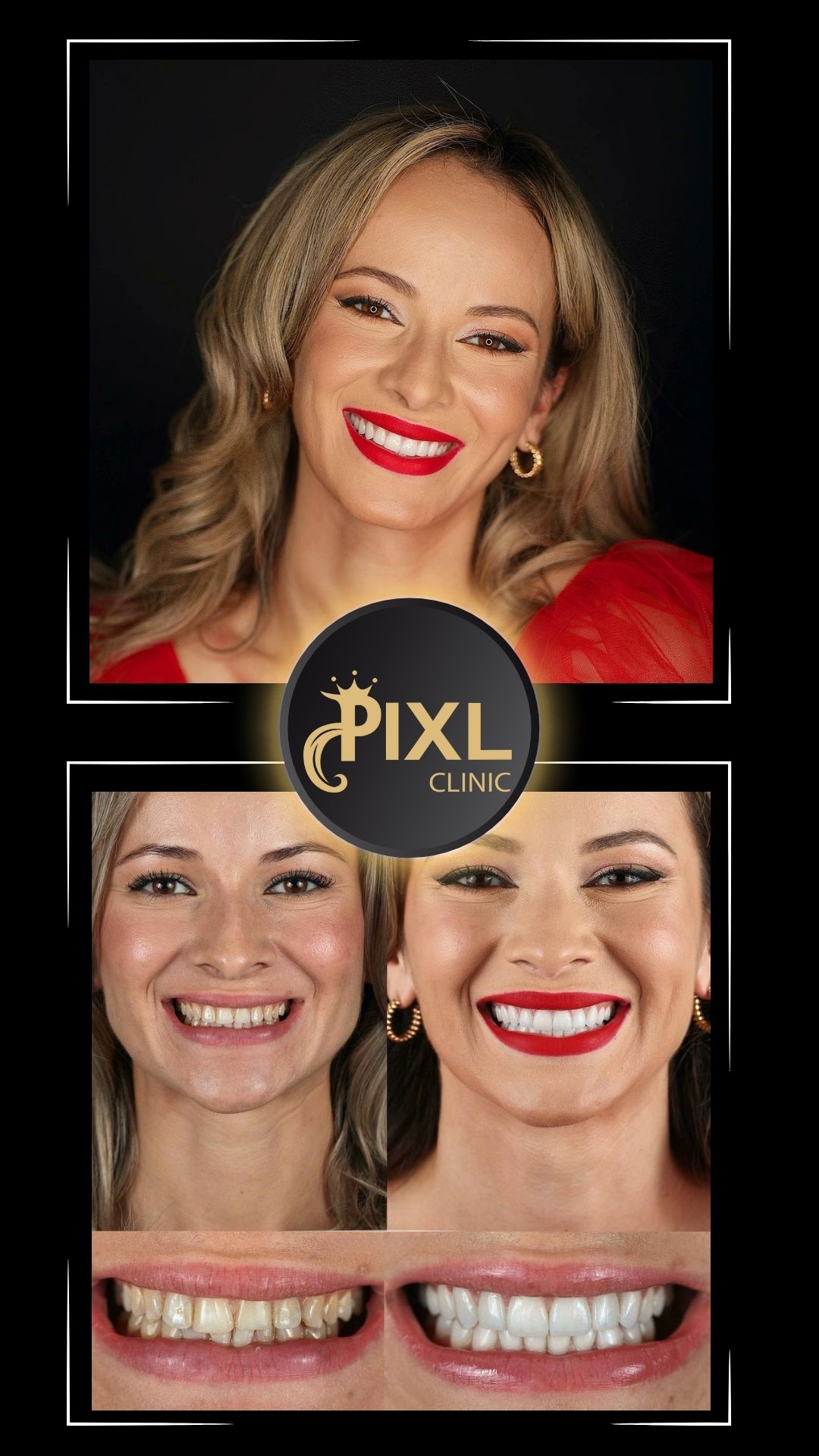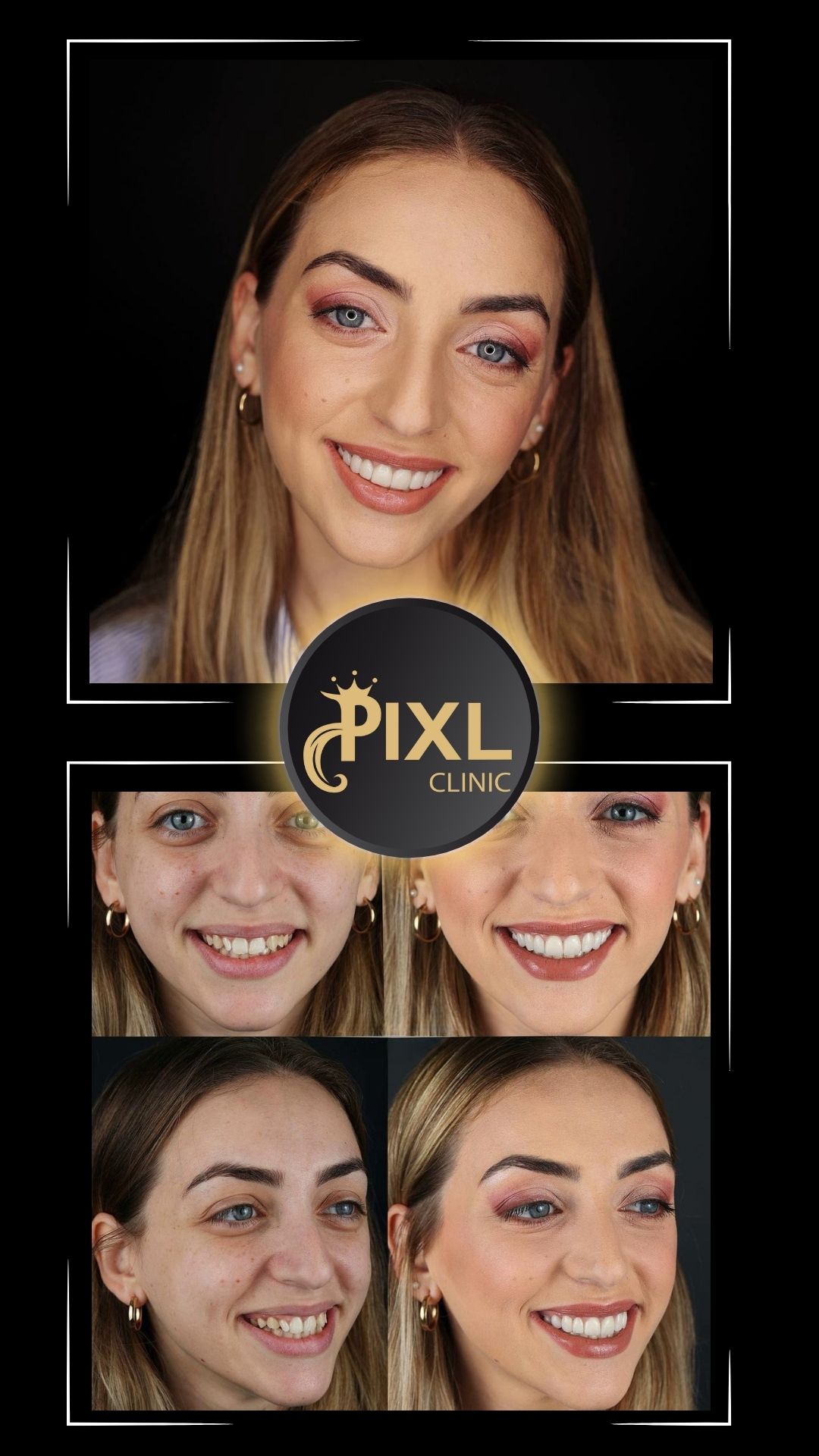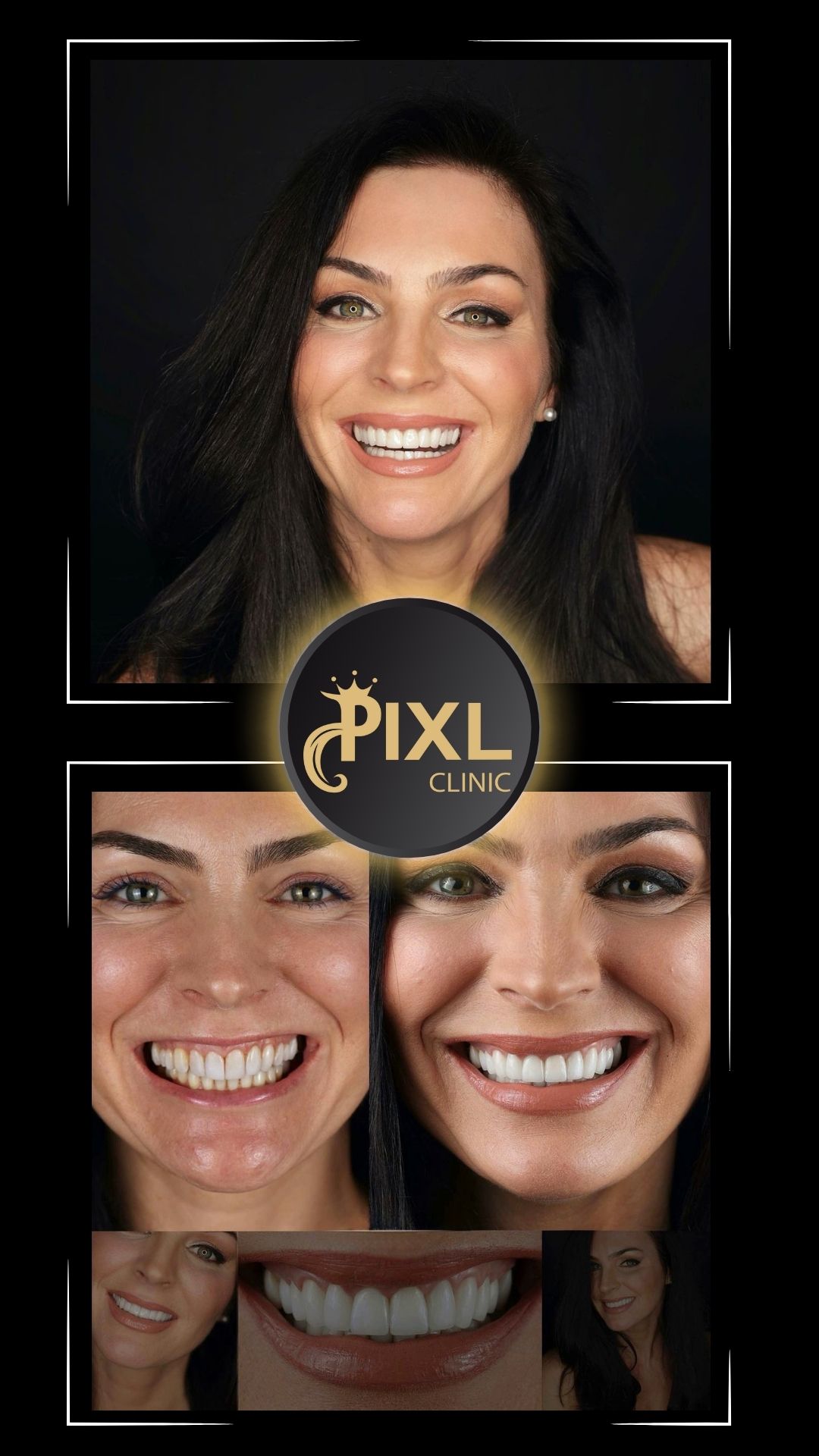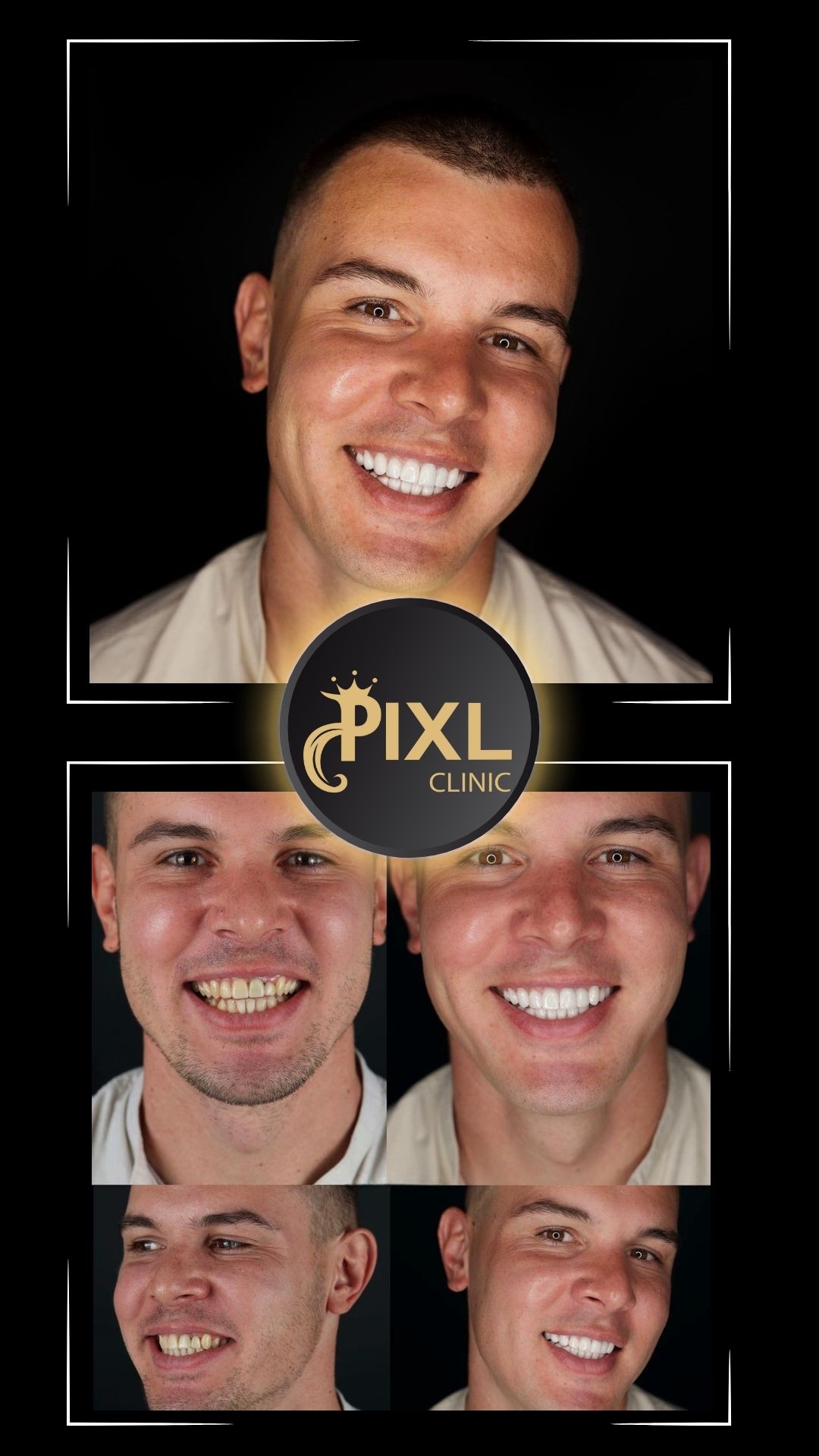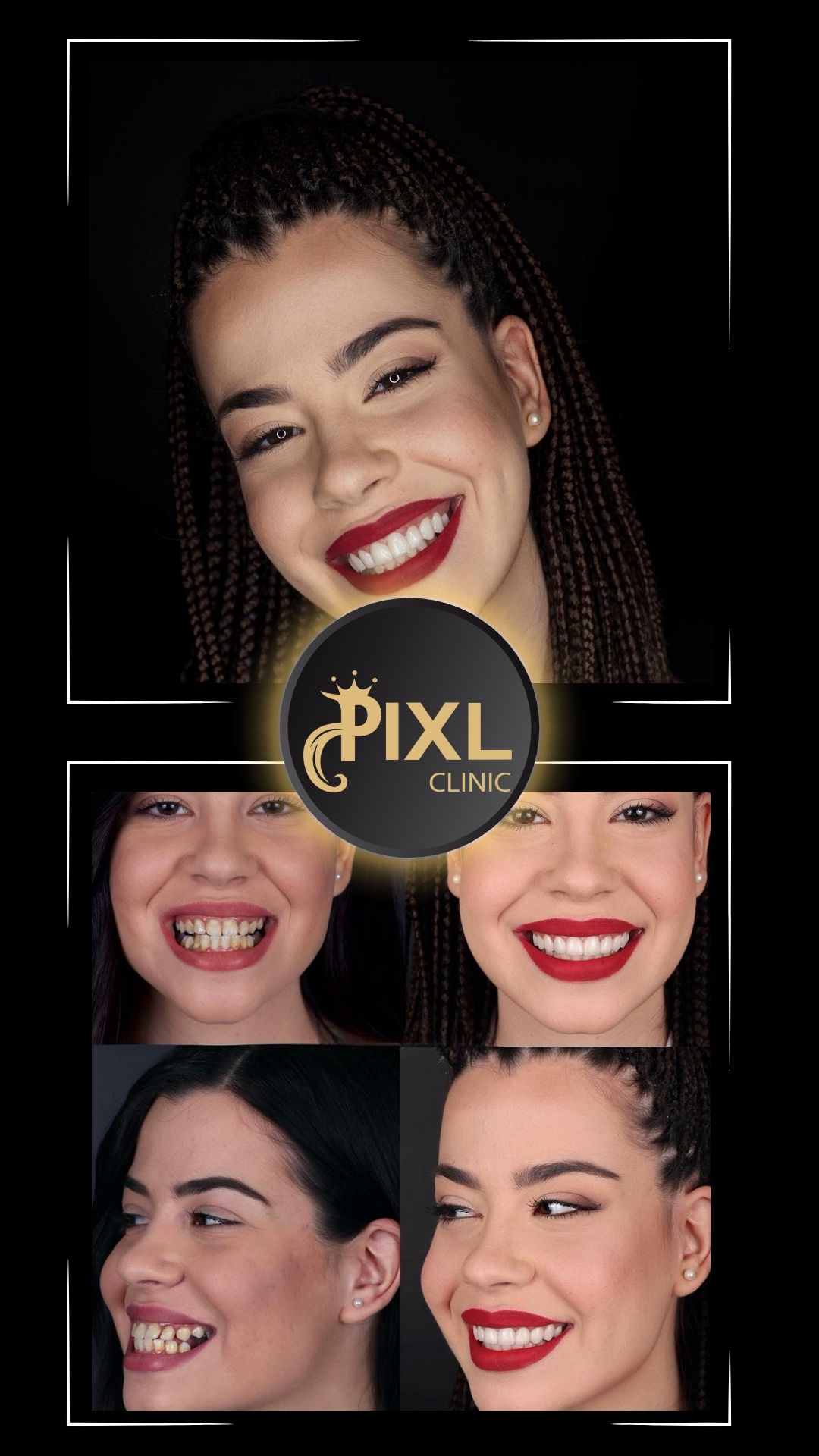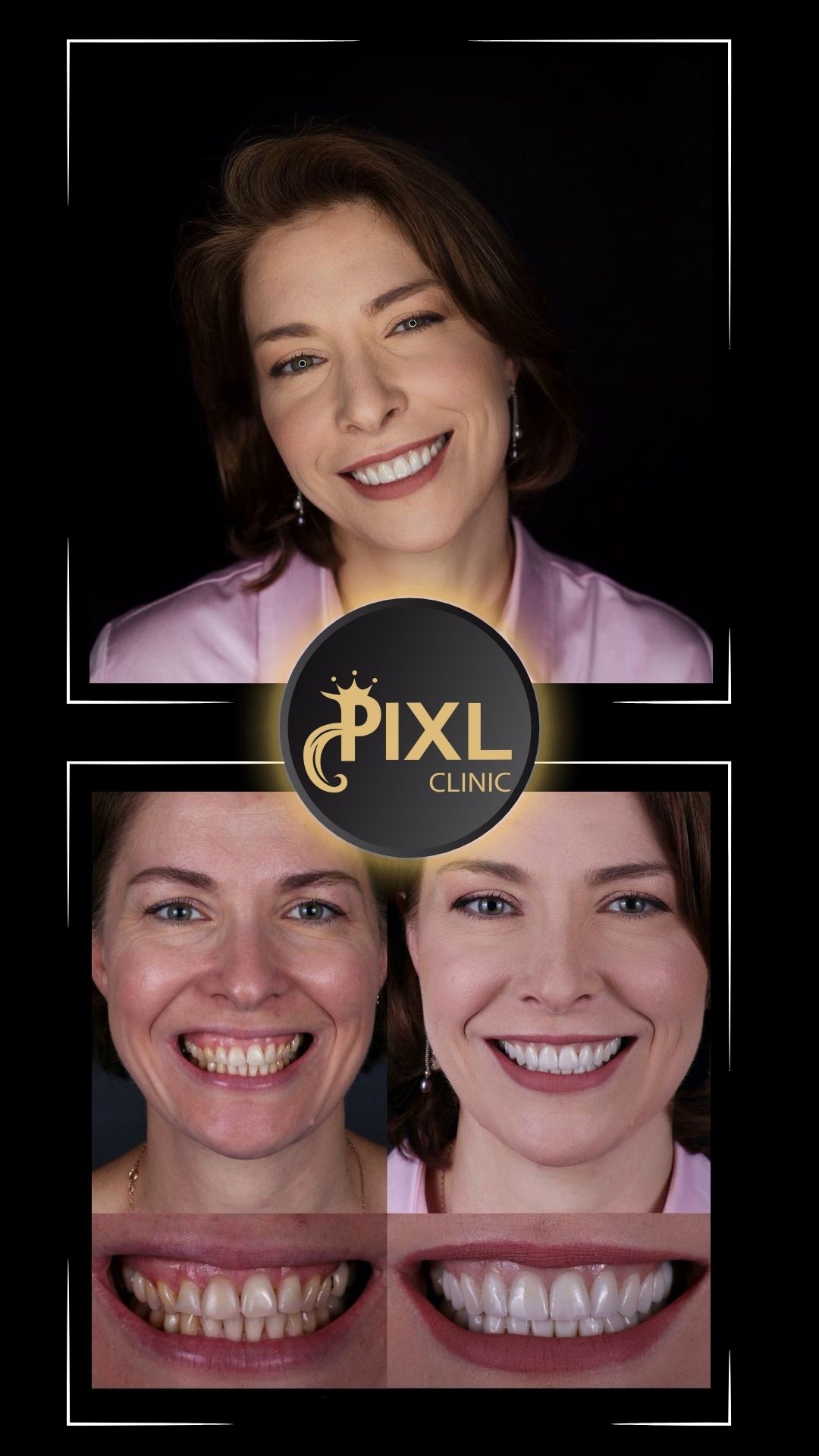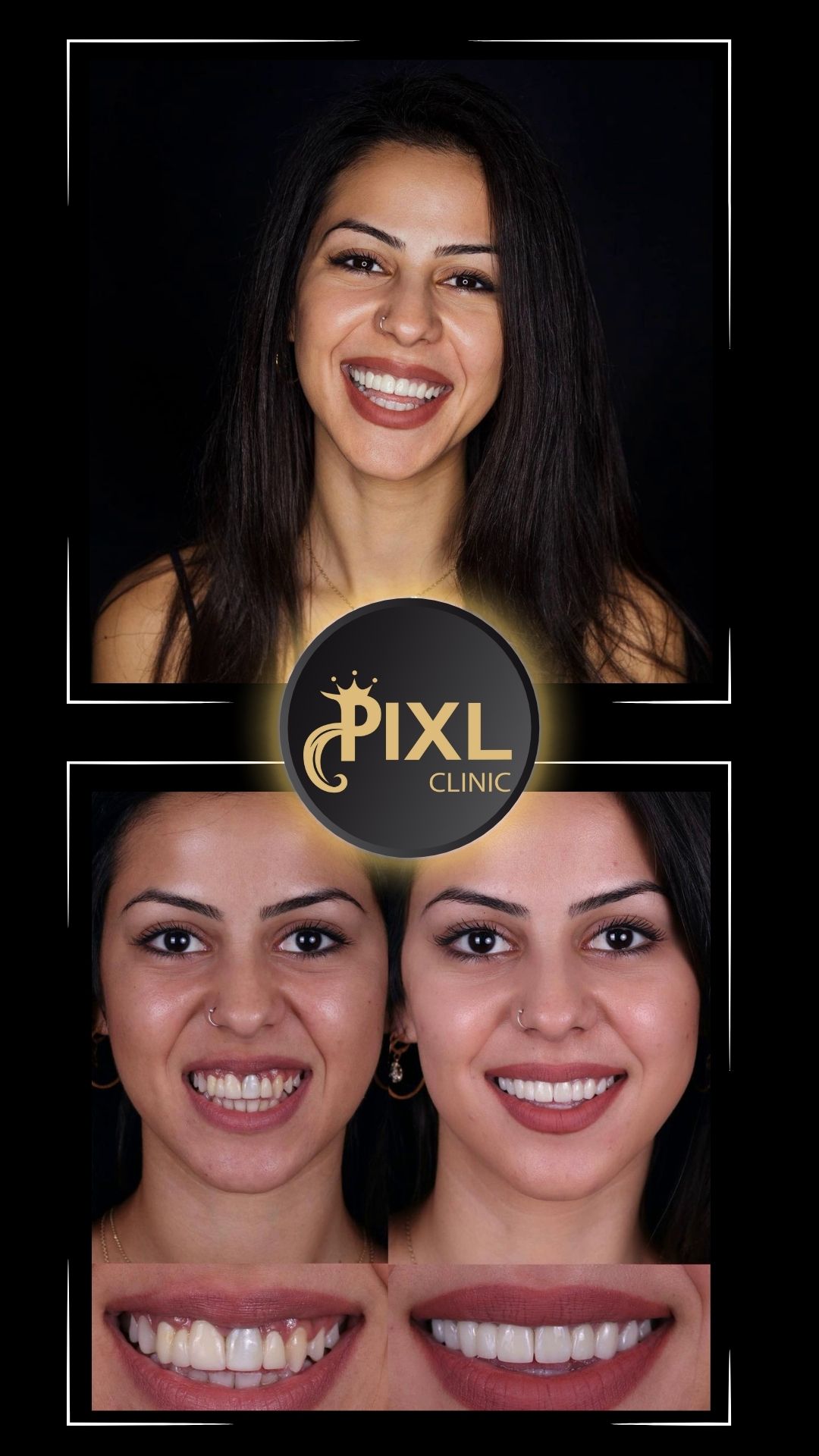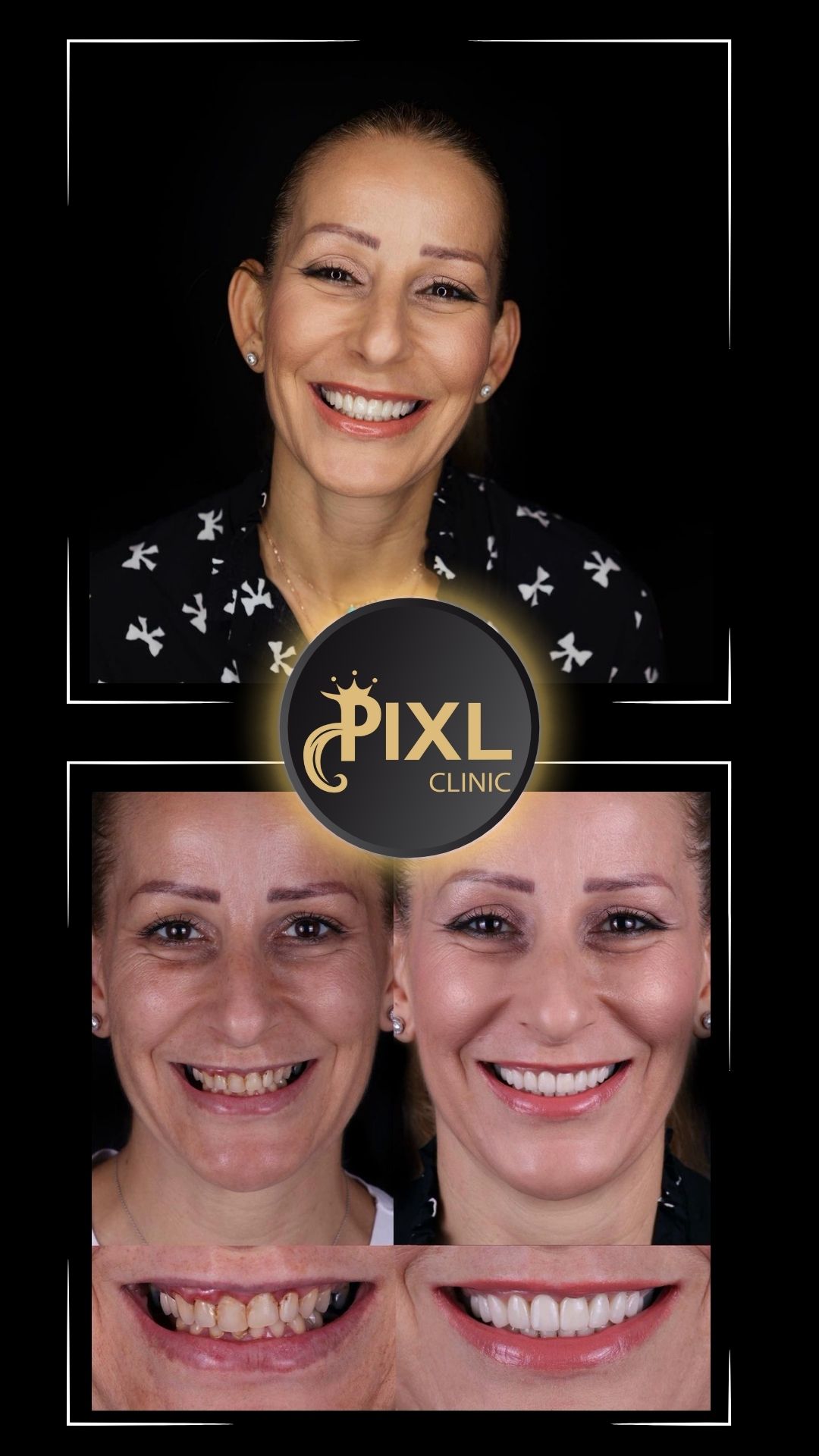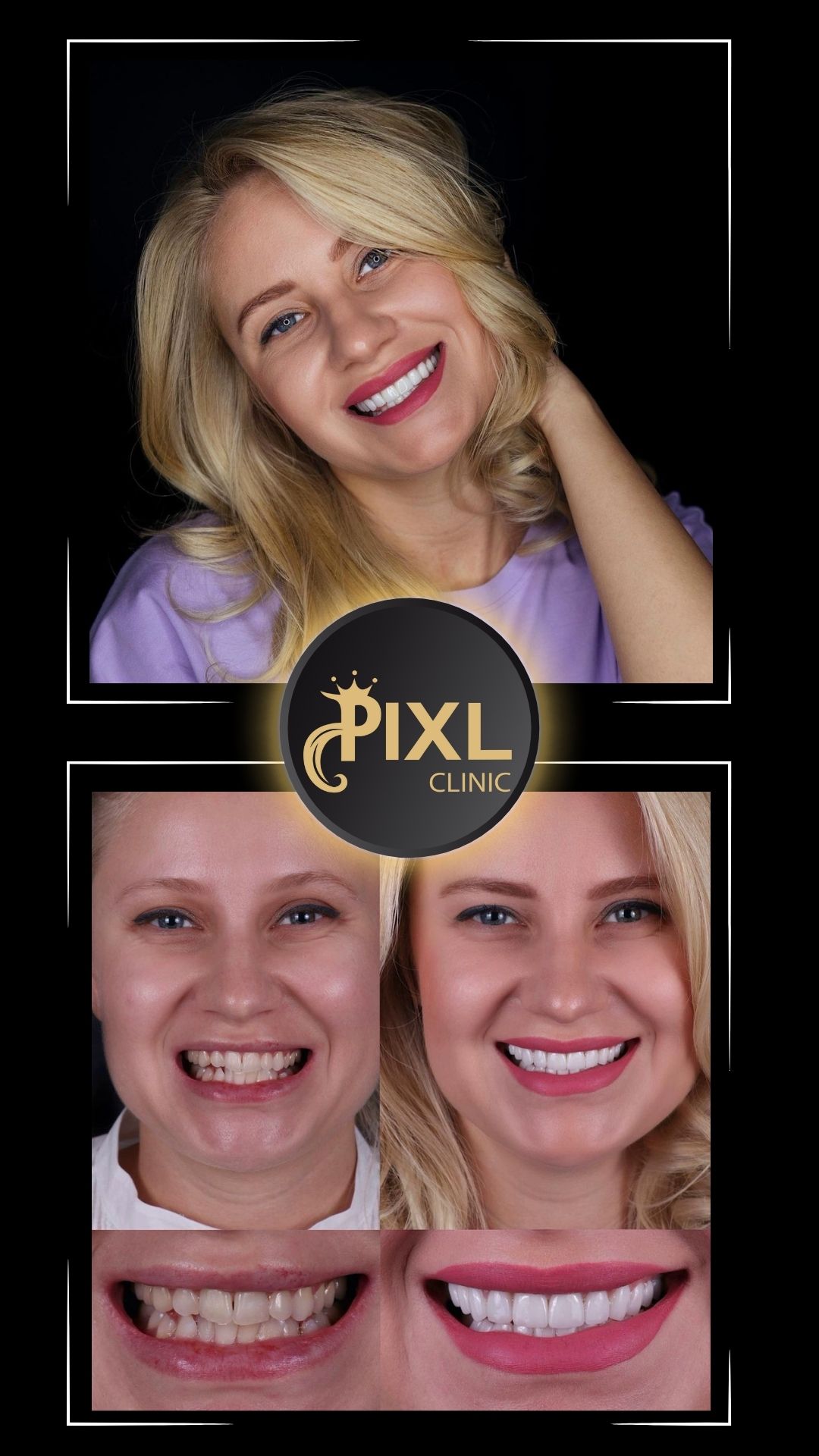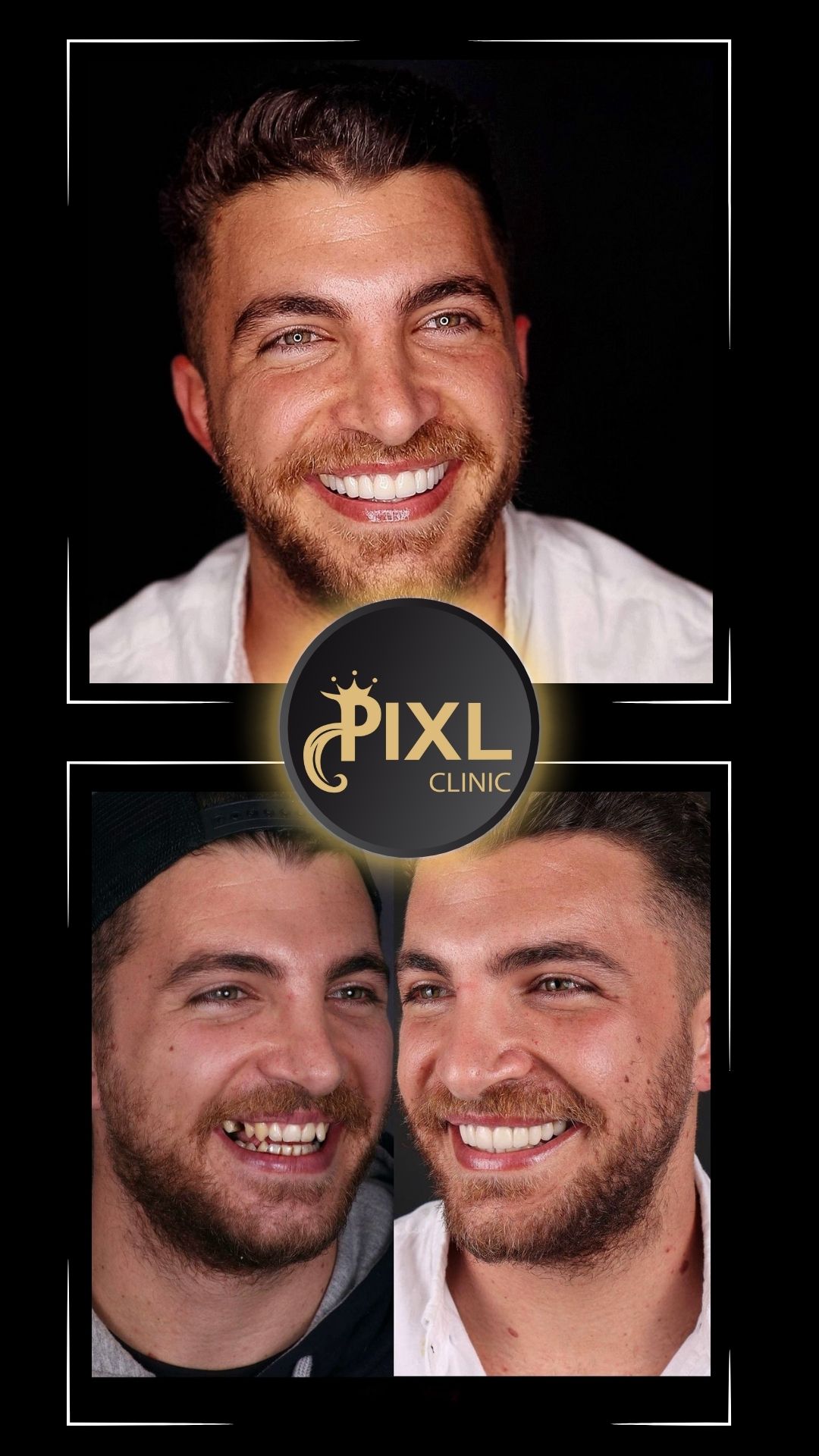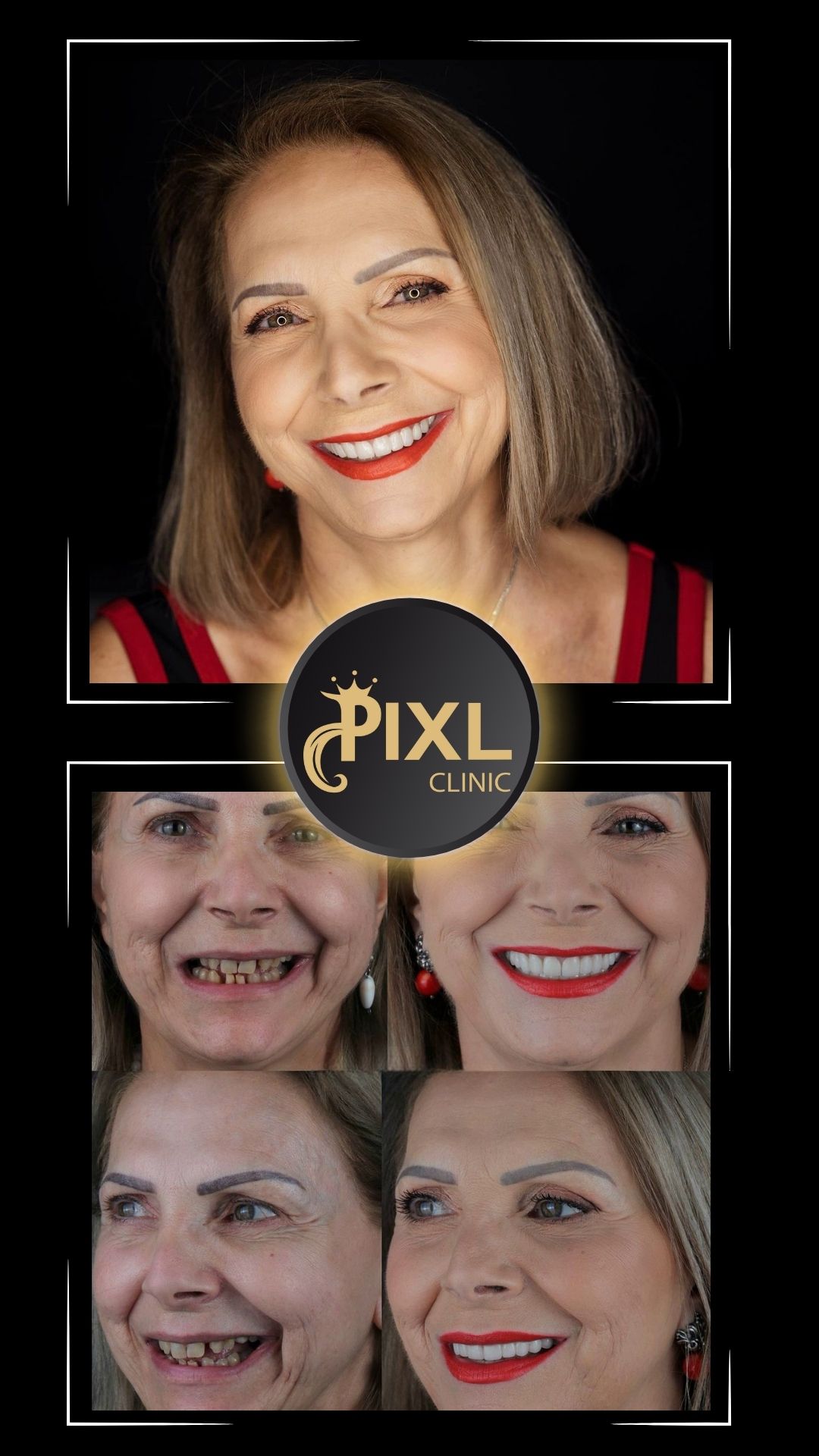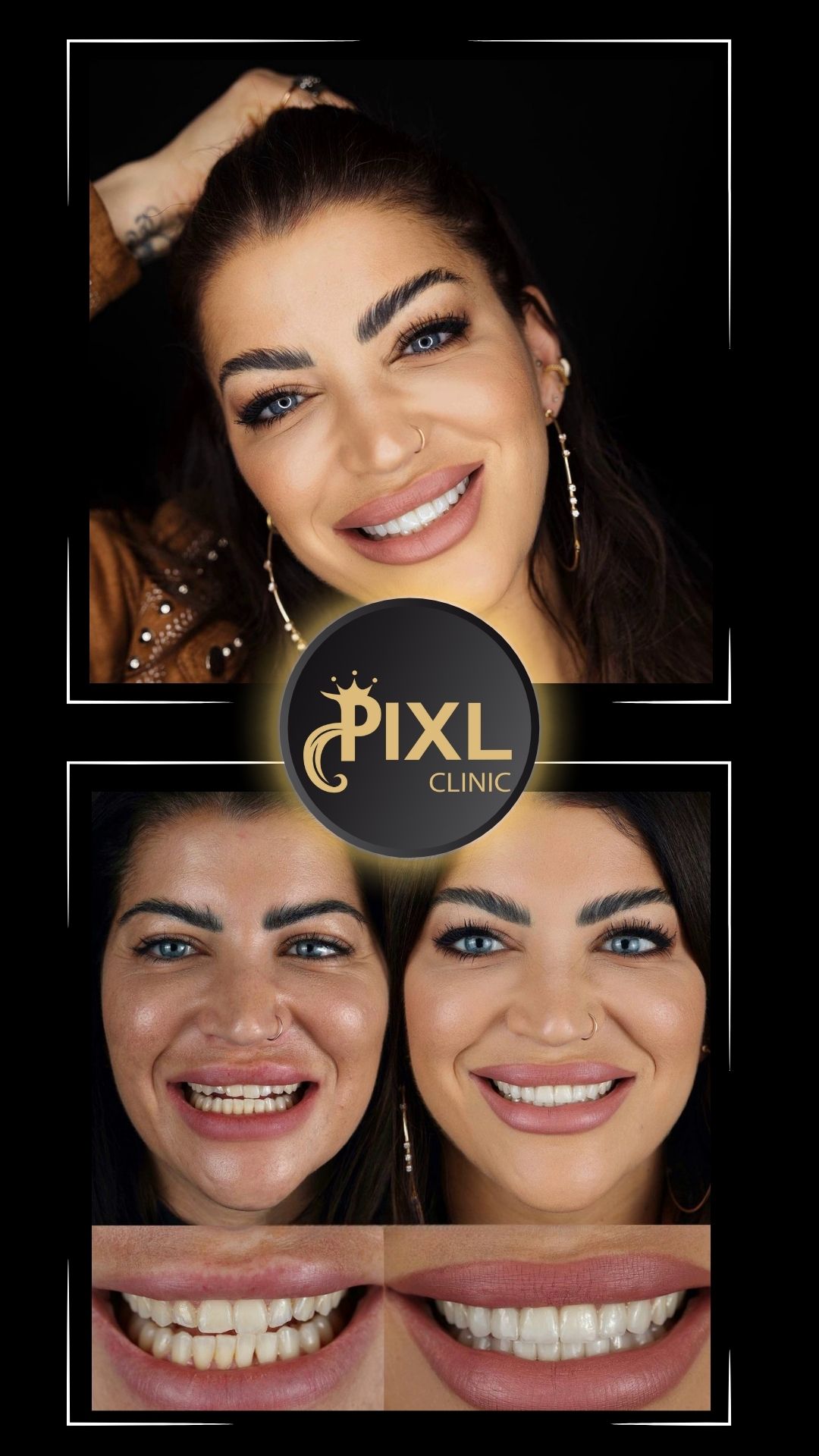The Risks of Smoking Following Tooth Extraction: What You Need to Know
Undergoing a tooth extraction can be a critical step toward improving oral health, but post-procedure care is just as important. One of the most significant risks to recovery is smoking. Whether you’re a seasoned smoker or an occasional one, lighting up after a tooth extraction can jeopardize your healing process. Here’s why you need to exercise caution and consider taking a break from smoking after this dental procedure.

Why Smoking Is Harmful Post-Extraction
When a tooth is extracted, the area is left with an open wound. Healing involves the formation of a blood clot, which protects the site and aids in tissue regeneration. Smoking interferes with this process in several ways:
Dry Socket Risk
One of the most severe complications associated with smoking after an extraction is dry socket. This painful condition occurs when the blood clot dislodges or dissolves prematurely, exposing the underlying bone and nerves. The suction from inhaling and the chemicals in cigarettes are major contributors to this problem.
Delayed Healing
Cigarettes contain nicotine, which restricts blood flow by constricting blood vessels. Adequate blood flow is essential for delivering oxygen and nutrients to the extraction site, facilitating proper healing. Smoking compromises this vital process, leading to slower recovery.
Increased Infection Risk
The chemicals in cigarette smoke, including tar and carbon monoxide, create an environment conducive to bacterial growth. Smoking can introduce harmful bacteria into the wound, increasing the likelihood of infection. An infected extraction site can lead to swelling, severe pain, and additional medical interventions.
Interference with Medication
Dentists often prescribe antibiotics or painkillers after an extraction. Smoking can interfere with the effectiveness of these medications, reducing their ability to control pain or prevent infection.
How Long Should You Avoid Smoking?
Dental professionals recommend avoiding smoking for at least 48–72 hours after tooth extraction. This window is crucial for blood clot stabilization. Ideally, waiting a week or more will significantly enhance the chances of a smooth recovery. If abstaining entirely feels overwhelming, consider nicotine alternatives, such as patches or gum, during this period.
Tips for a Smooth Recovery
- Follow Post-Op Instructions: Adhere to your dentist’s advice regarding oral hygiene and activity levels after the procedure.
- Avoid Sucking Motions: Whether it’s smoking, drinking through a straw, or spitting, any sucking action can disrupt the blood clot.
- Rinse Gently: Use a saltwater rinse (as advised by your dentist) to keep the area clean without dislodging the clot.
- Stay Hydrated and Eat Soft Foods: Proper nutrition and hydration can support healing.
- Seek Help to Quit Smoking: Use this opportunity to consider smoking cessation programs. Quitting smoking not only benefits oral health but also improves overall well-being.
The Bigger Picture: Long-Term Oral Health
Smoking isn’t just harmful after tooth extraction—it has long-term effects on your oral health. From gum disease to tooth loss and even oral cancer, the risks are substantial. Protecting your healing process after an extraction is a step toward a healthier smile and a better quality of life.
Smoking after a tooth extraction is a high-risk activity that can lead to complications like dry socket, delayed healing, and infection. By abstaining from smoking during the critical healing period, you give your body the best chance to recover quickly and painlessly. Take this time to care for your oral health and, if possible, consider making strides toward quitting smoking altogether. Your future self will thank you.
FAQ: Smoking After Tooth Extraction
How long should I wait to smoke after a tooth extraction?
It’s recommended to wait at least 48–72 hours before smoking. Ideally, waiting a week will significantly reduce the risk of complications like dry socket and delayed healing.
What happens if I smoke too soon after a tooth extraction?
Smoking too soon can lead to a dry socket, a painful condition caused by the dislodgement of the blood clot at the extraction site. Additionally, smoking increases the risk of infection, delays healing, and can intensify post-operative pain.
Why is smoking harmful to the healing process?
Cigarette smoke contains nicotine and other harmful chemicals that:
- Constrict blood vessels, reducing blood flow and oxygen to the wound.
- Increase the risk of infection by introducing harmful bacteria.
- Interfere with the formation and stability of the blood clot, crucial for healing.
Can I use vaping or e-cigarettes instead of smoking?
No, vaping or using e-cigarettes is not a safe alternative. The suction action from inhaling and the chemicals in vape liquids can still disrupt the blood clot and delay healing.
Can I use nicotine patches or gum during the healing process?
Yes, nicotine patches or gum may be a safer alternative to smoking. However, consult your dentist before using these to ensure they won’t interfere with your recovery.
How can I reduce cravings to smoke during the recovery period?
- Chew sugar-free gum or suck on lozenges.
- Keep yourself busy with activities to distract from cravings.
- Use nicotine replacement therapy (like patches) if approved by your dentist.
- Practice deep breathing or relaxation techniques to manage stress.
What are the signs of complications if I smoked after an extraction?
Watch for:
- Severe pain radiating to your ear or jaw (a sign of dry socket).
- Persistent swelling or redness around the extraction site.
- Bad breath or an unpleasant taste that doesn’t go away (potential infection).
- Fever or chills.
If you notice any of these symptoms, contact your dentist immediately.
Can I drink alcohol after smoking post-extraction?
Both smoking and alcohol should be avoided after an extraction. Alcohol can irritate the wound and interact negatively with any medications prescribed, such as antibiotics or painkillers.
Will smoking always cause complications after an extraction?
Not necessarily, but smoking significantly increases the risk of dry socket, infection, and delayed healing. Avoiding it is the best way to ensure a smooth recovery.
How can I quit smoking for good after this procedure?
- Seek support from friends, family, or a support group.
- Use smoking cessation aids like patches, gum, or prescription medications.
- Consider counseling or therapy to address triggers.
- View this as a health milestone and commit to better overall wellness.
Your dentist or healthcare provider can provide resources and guidance to help you quit smoking permanently.

